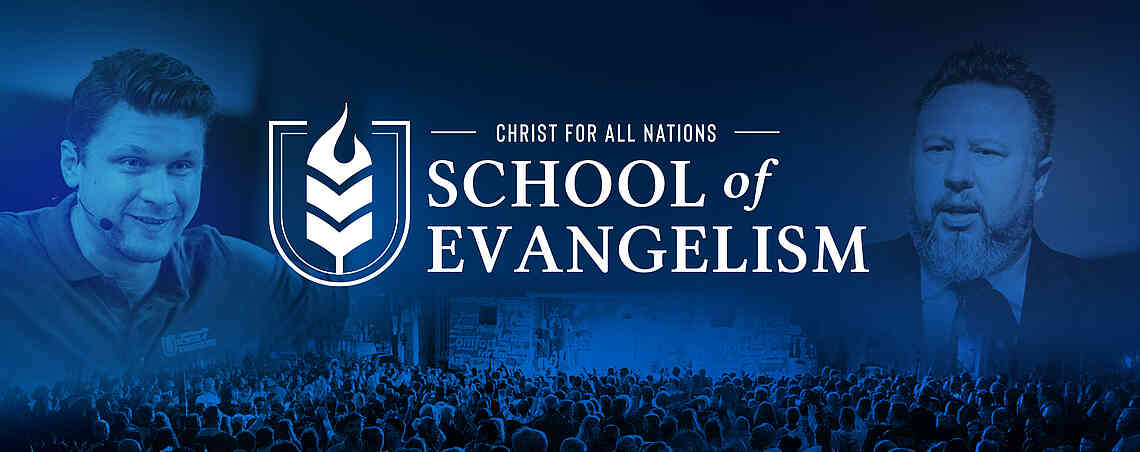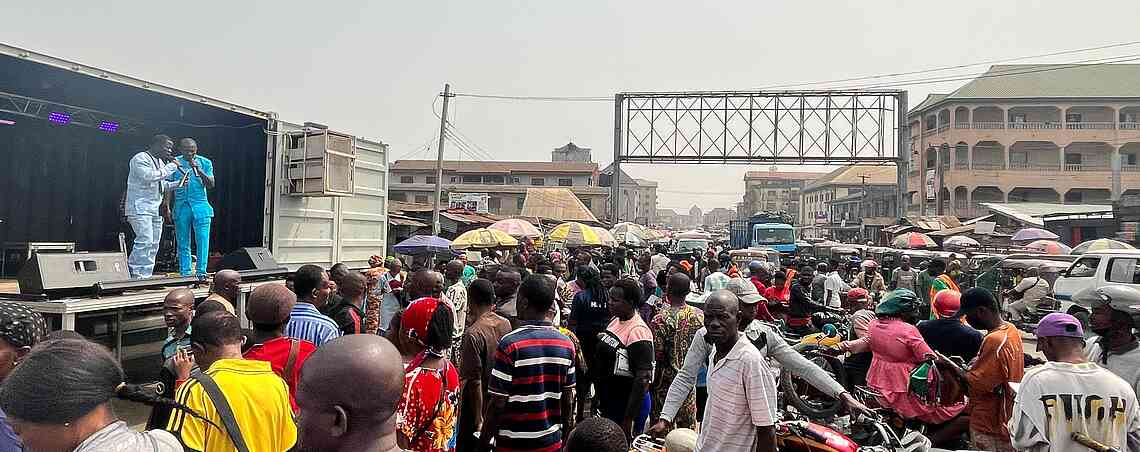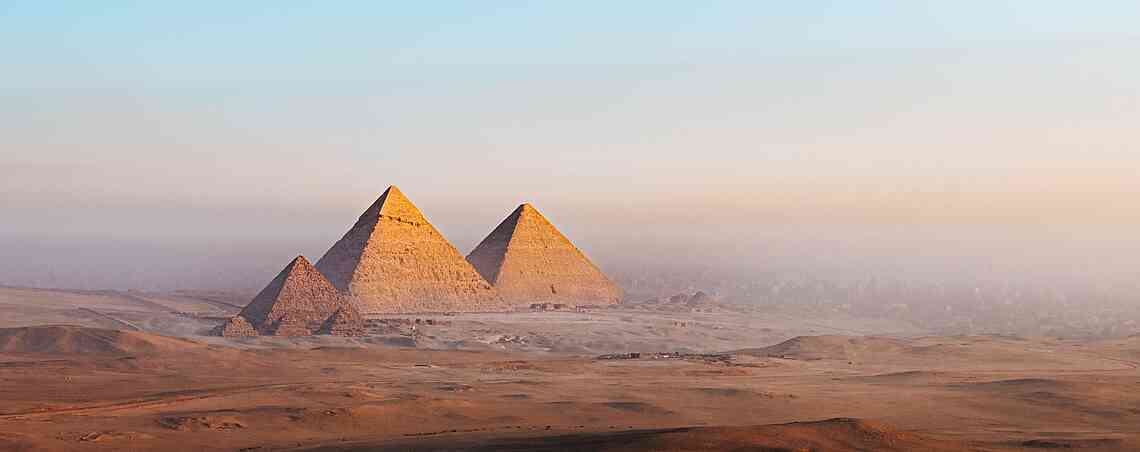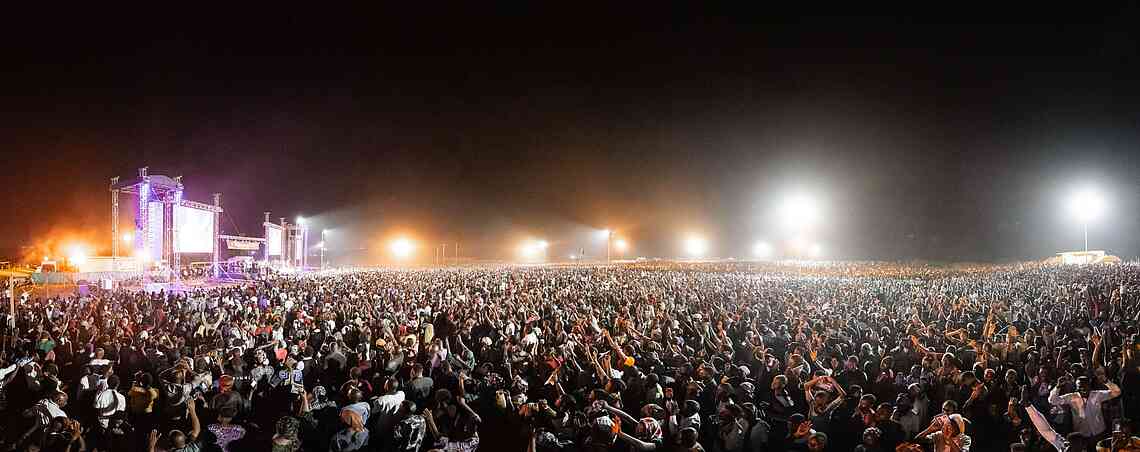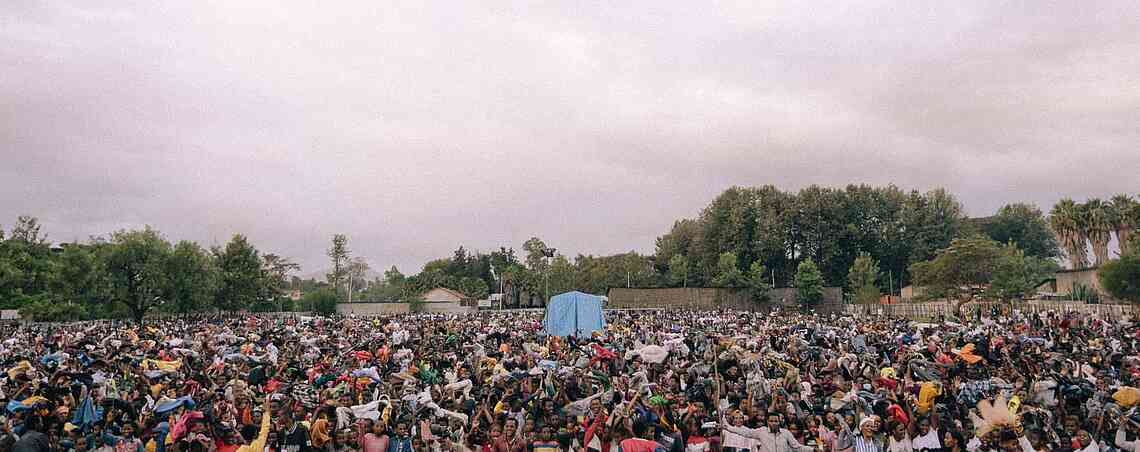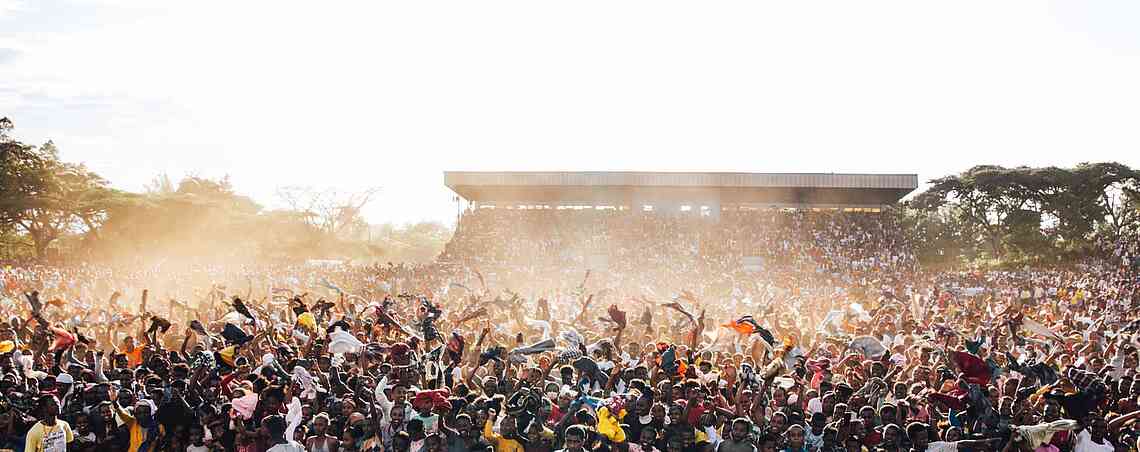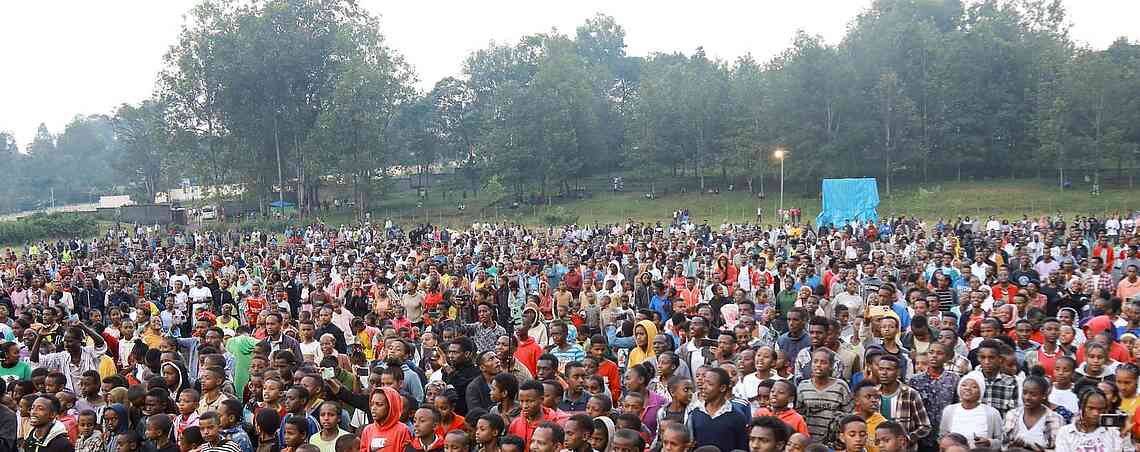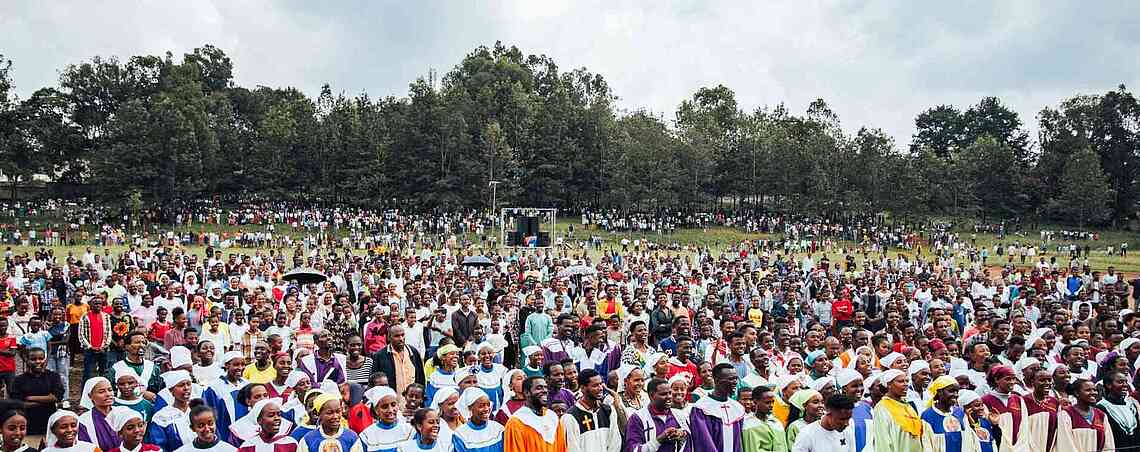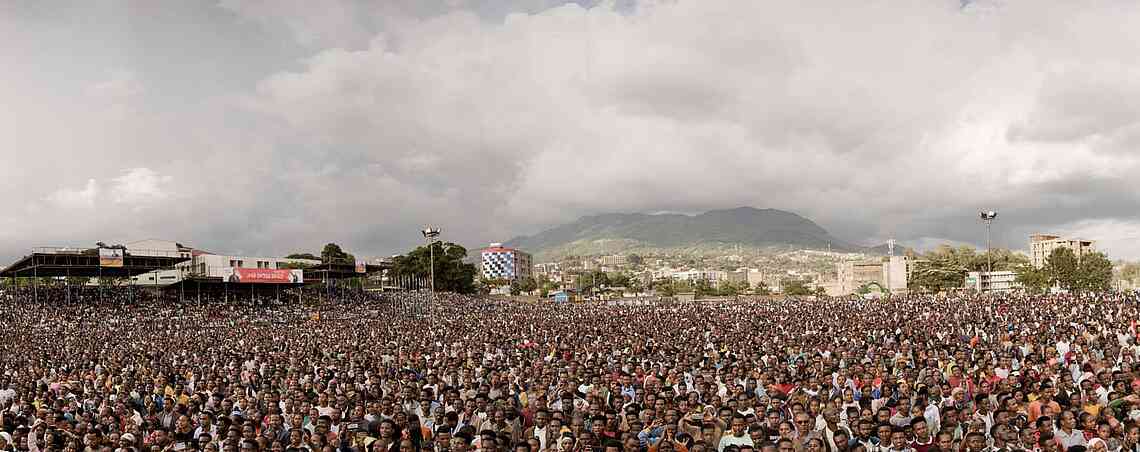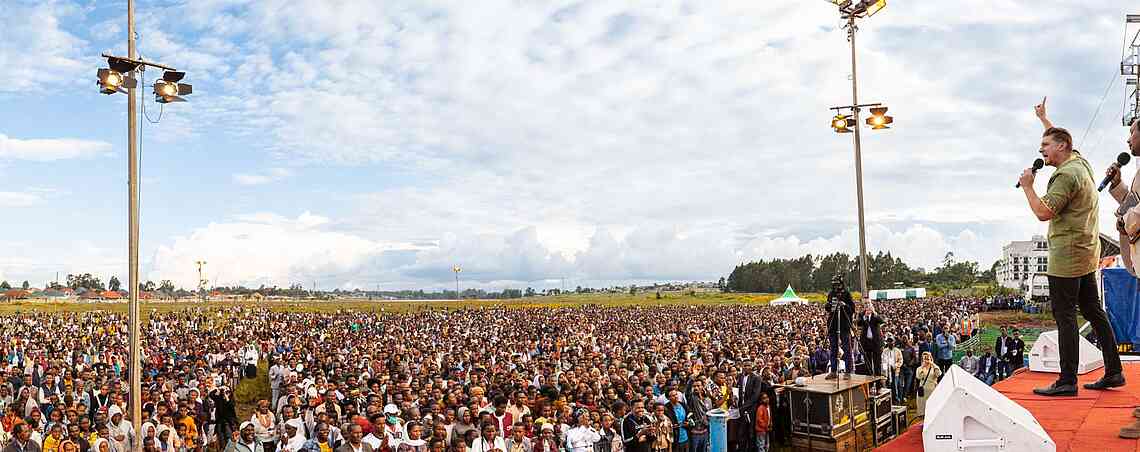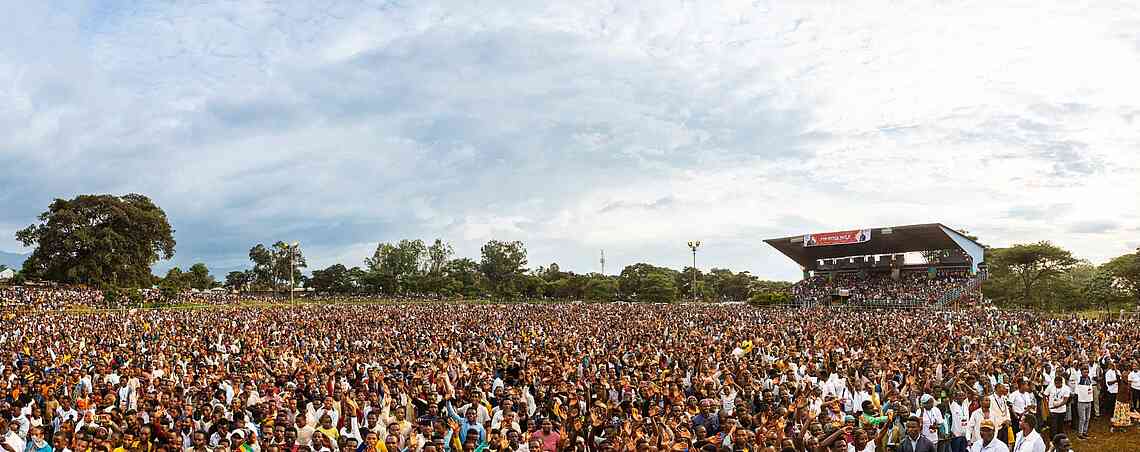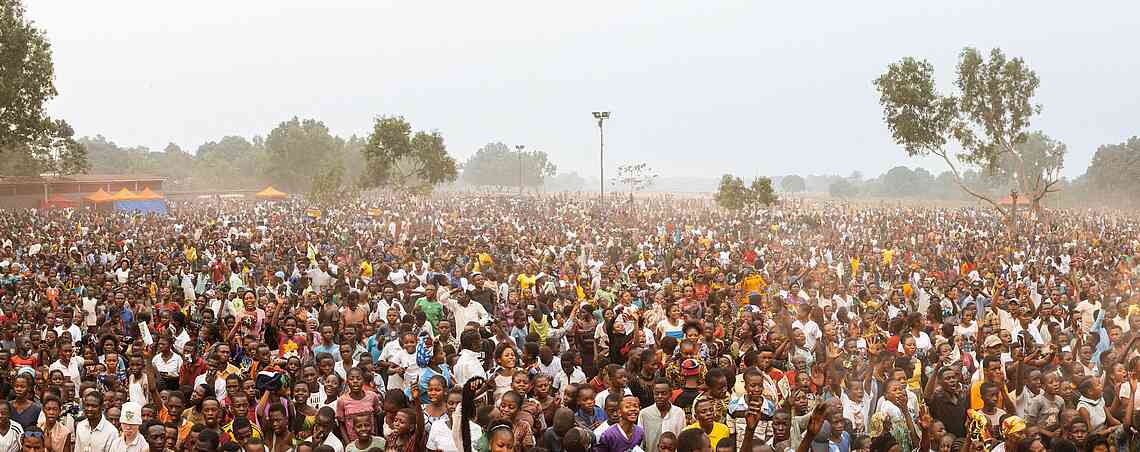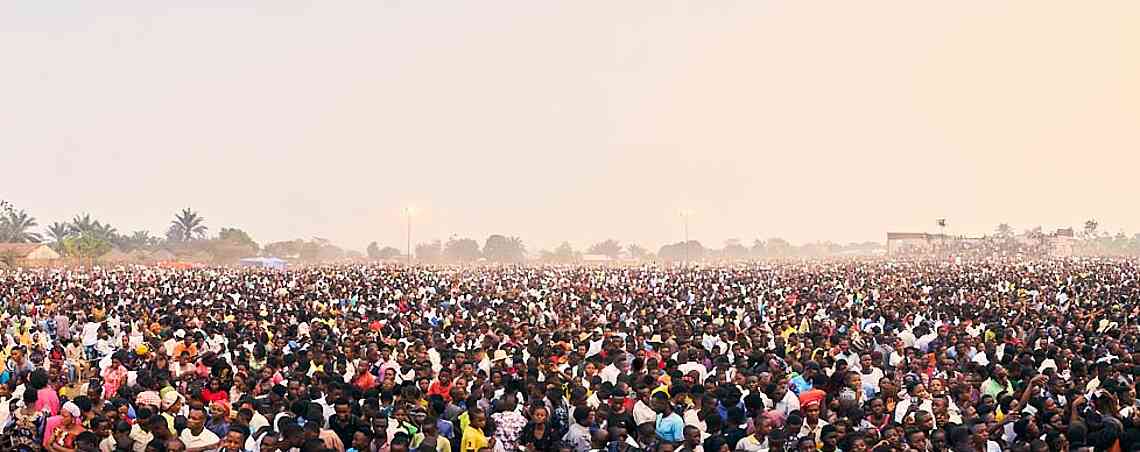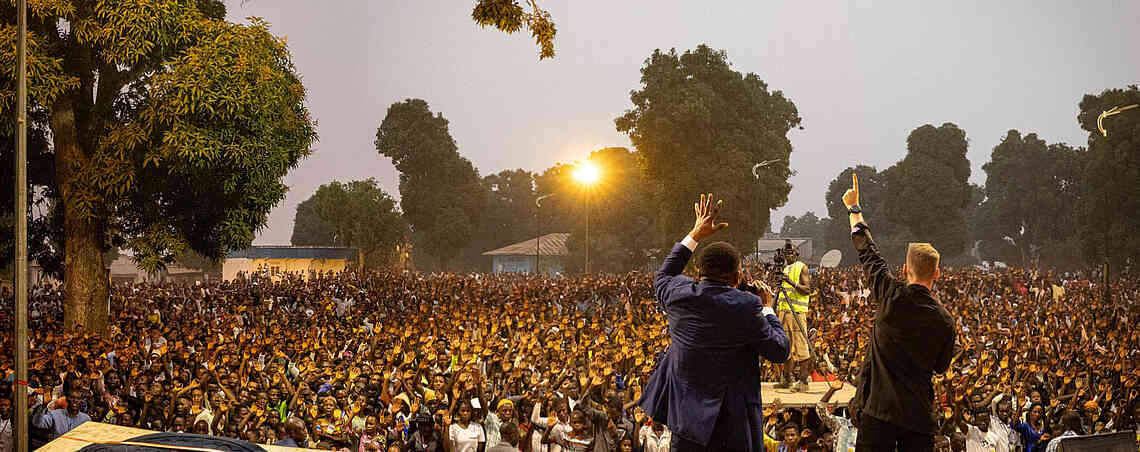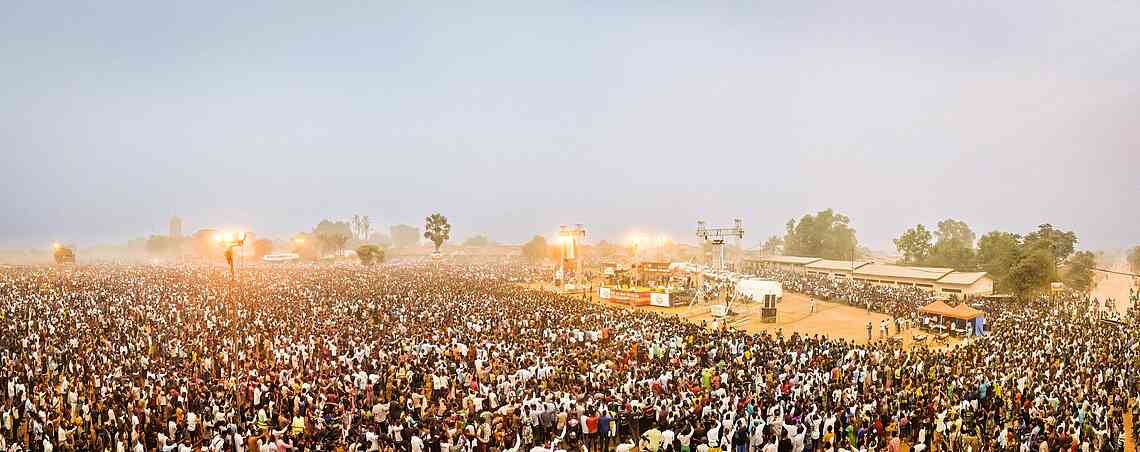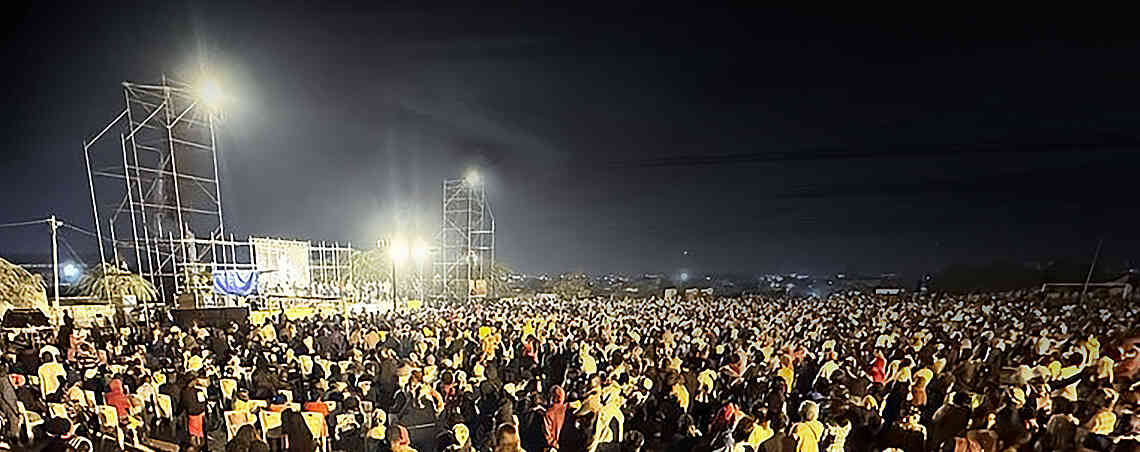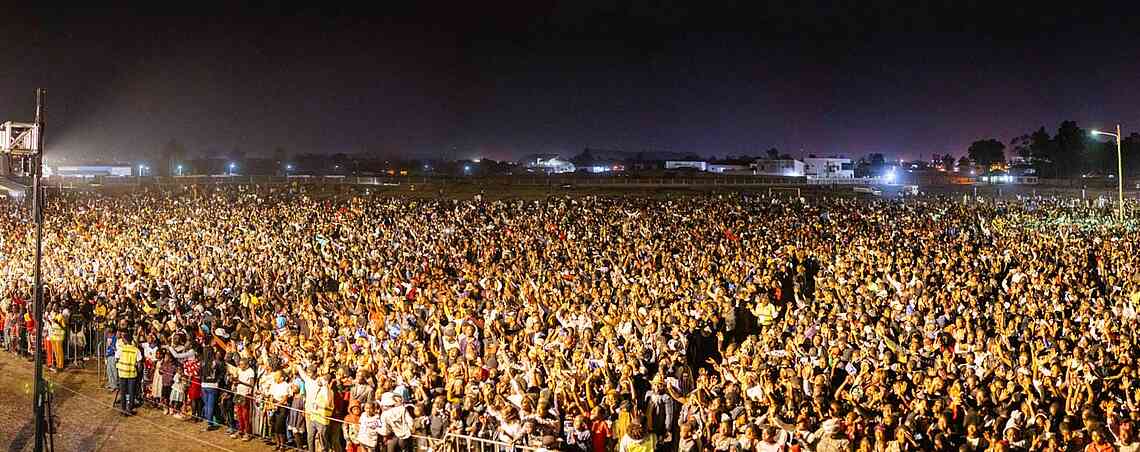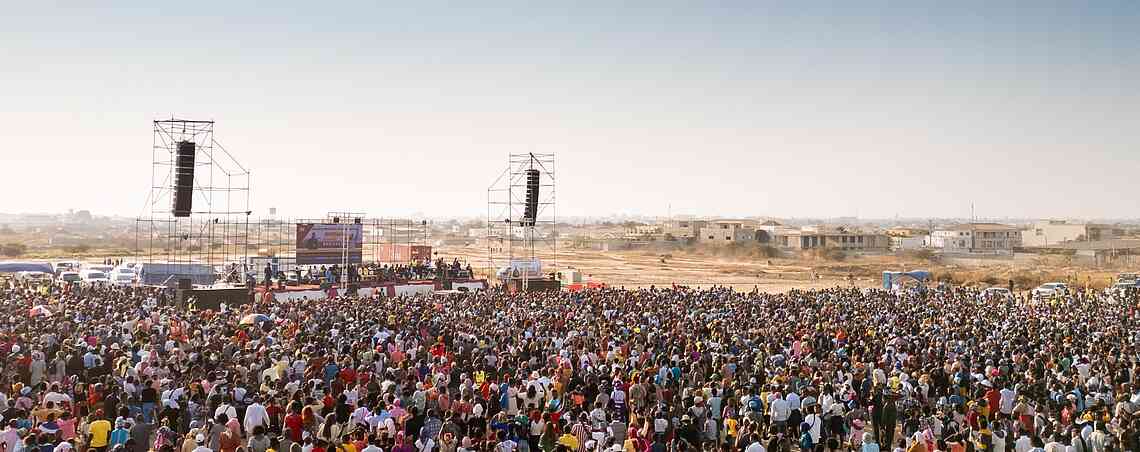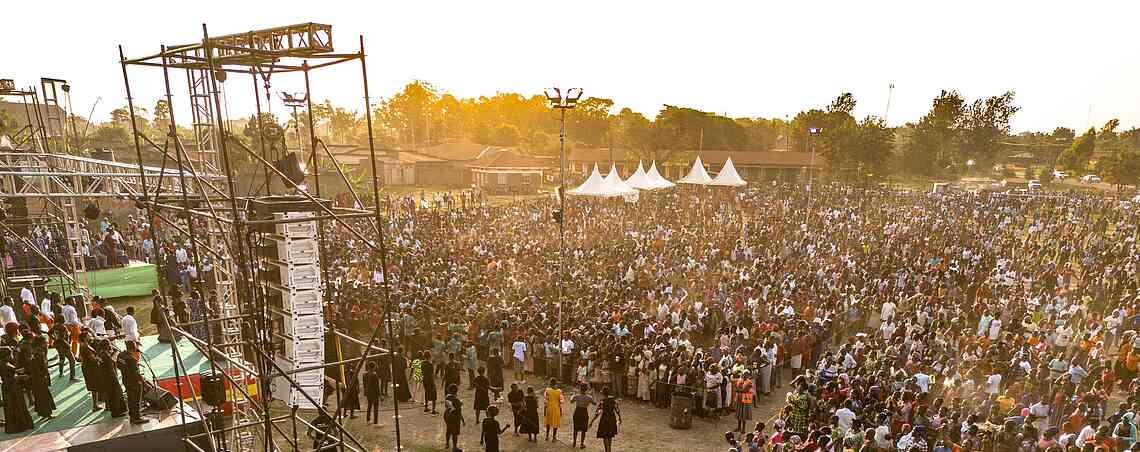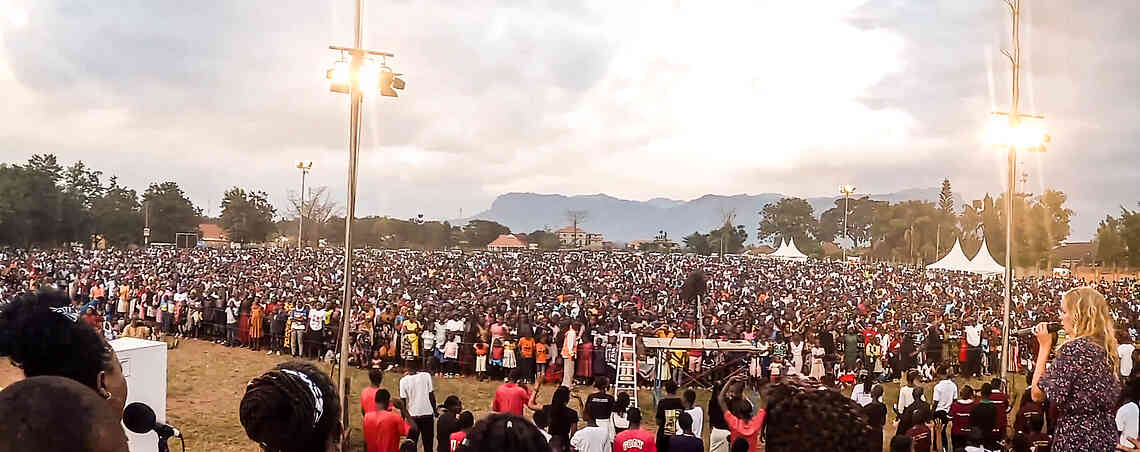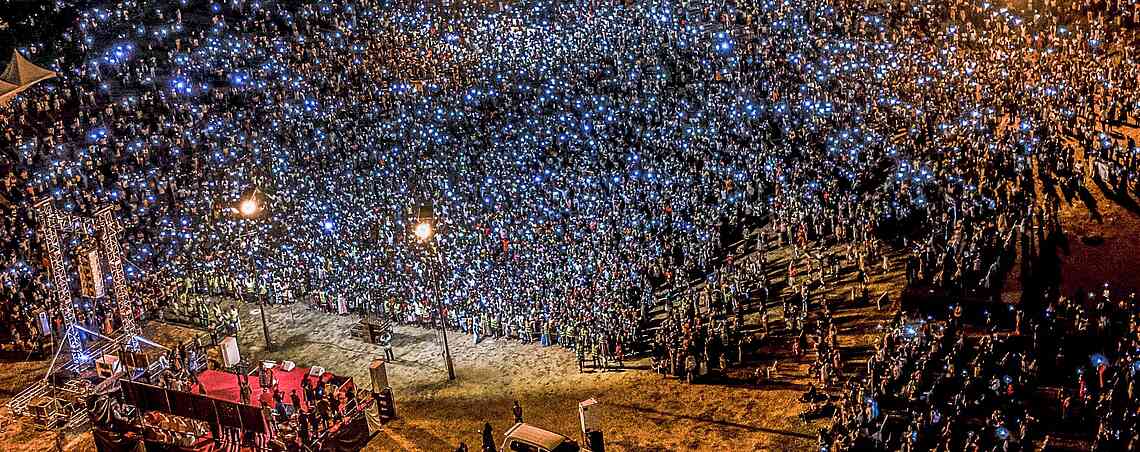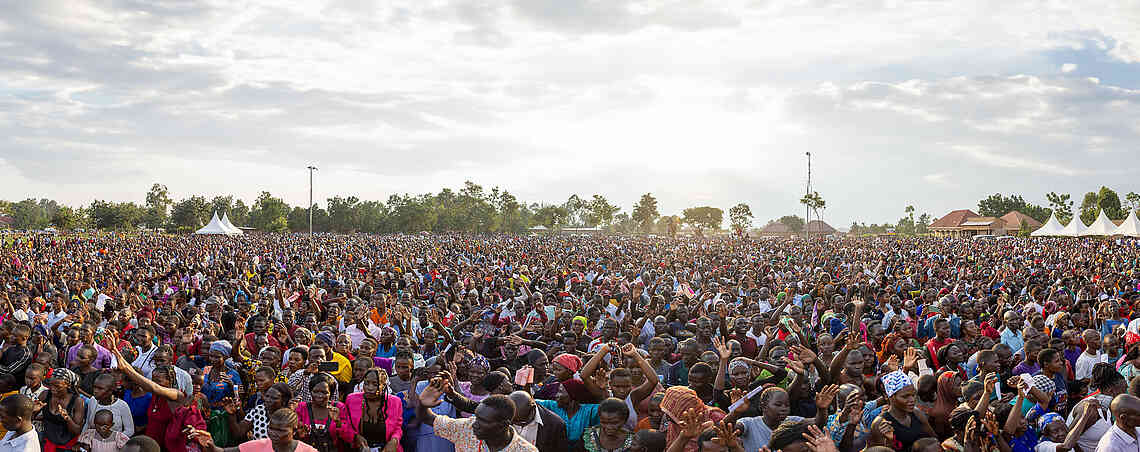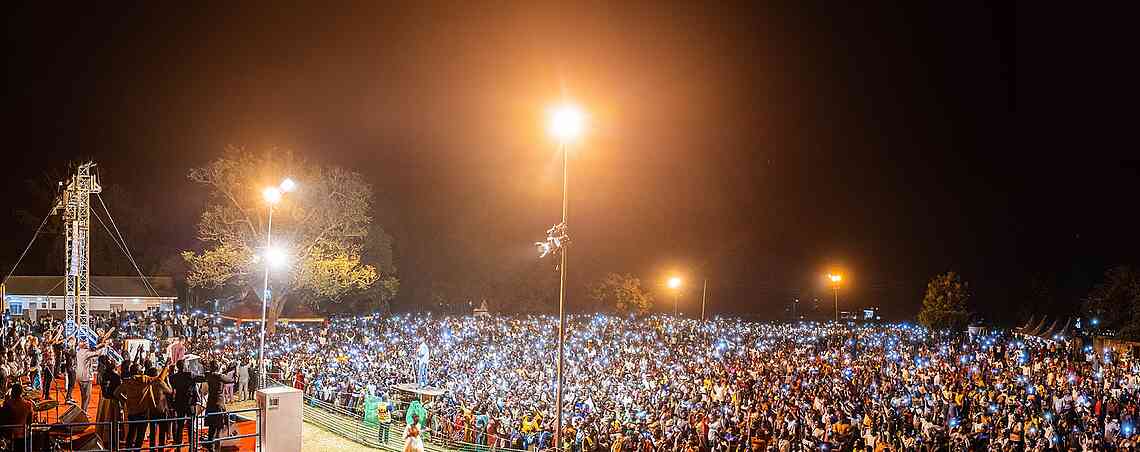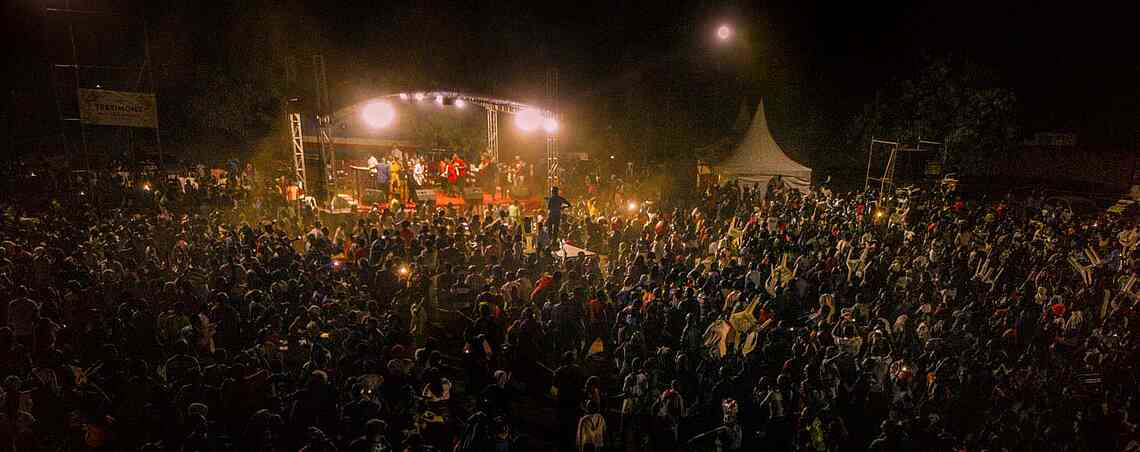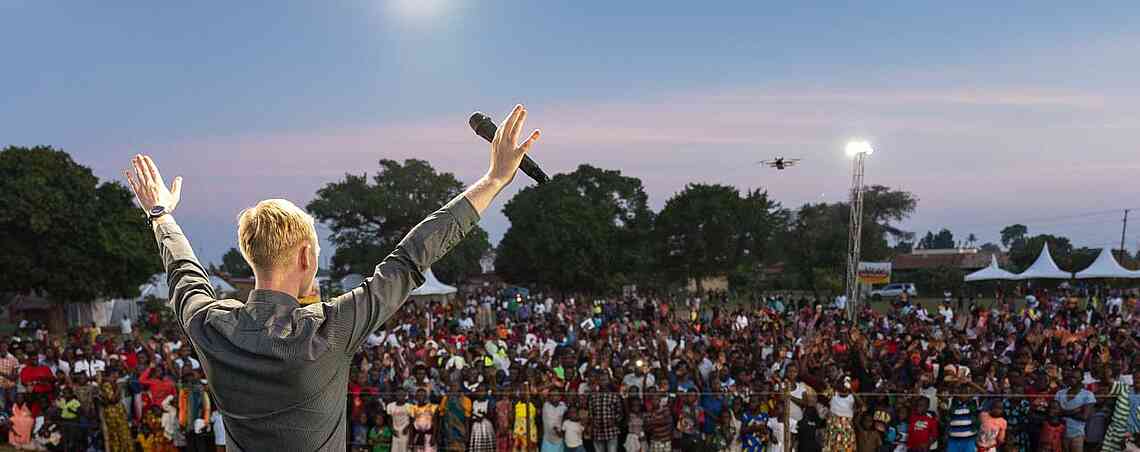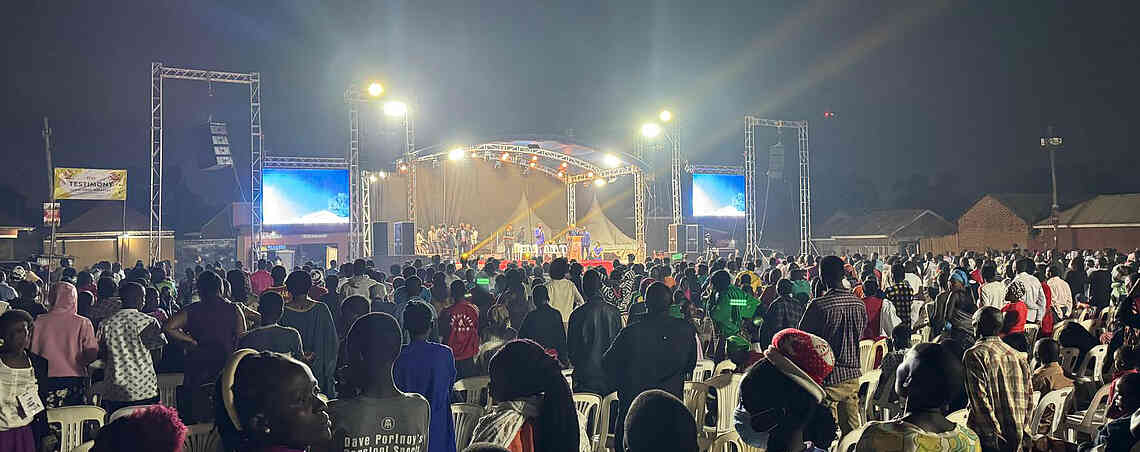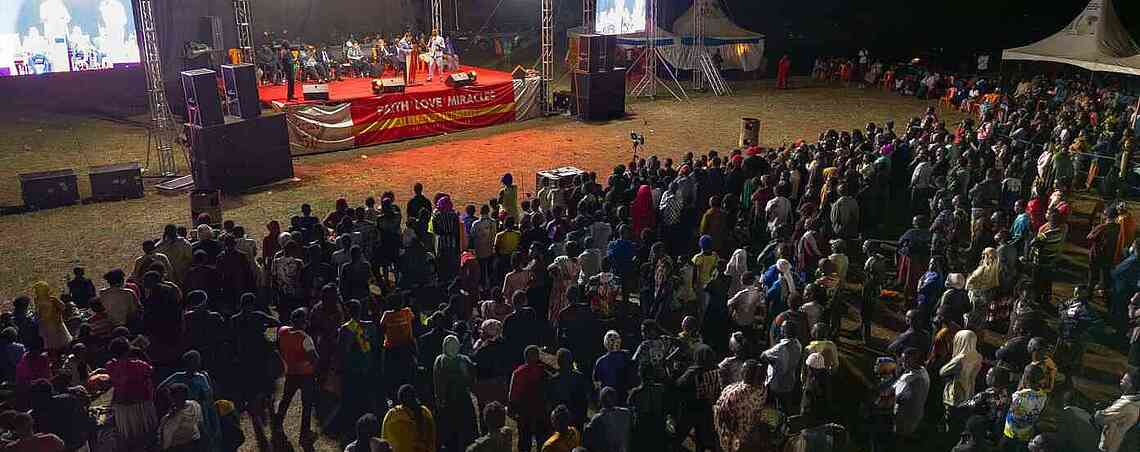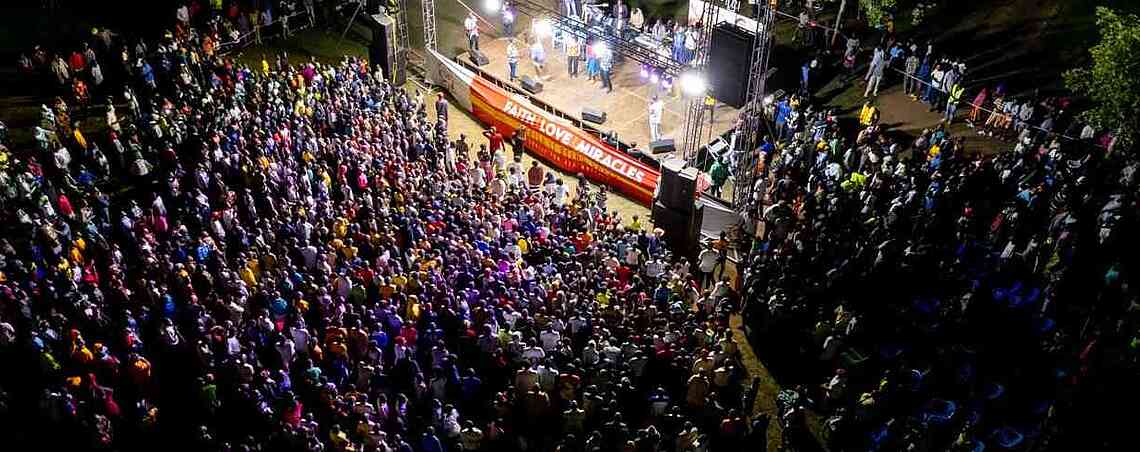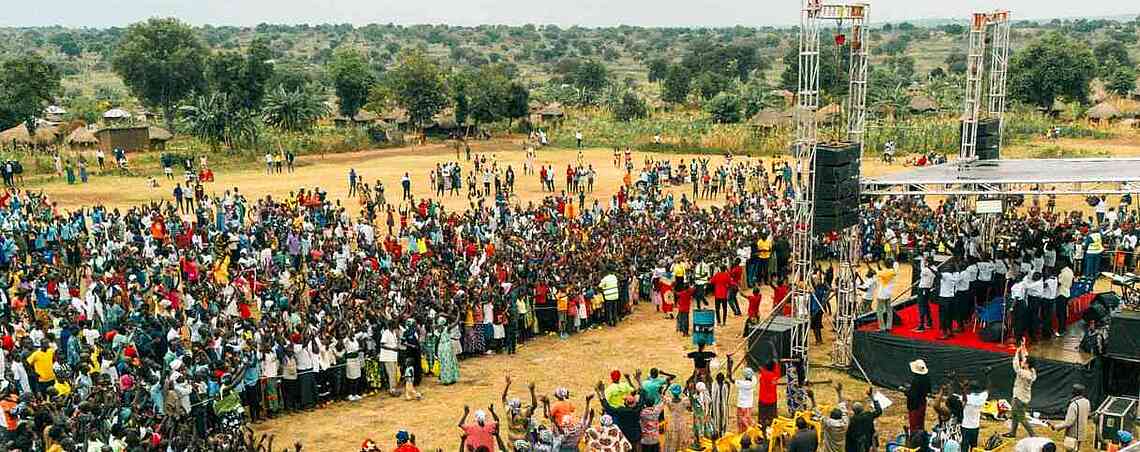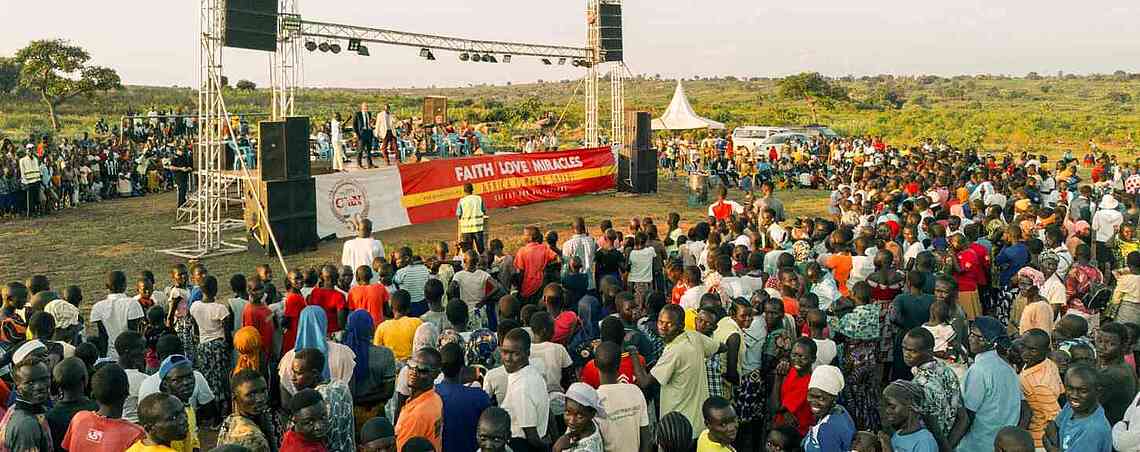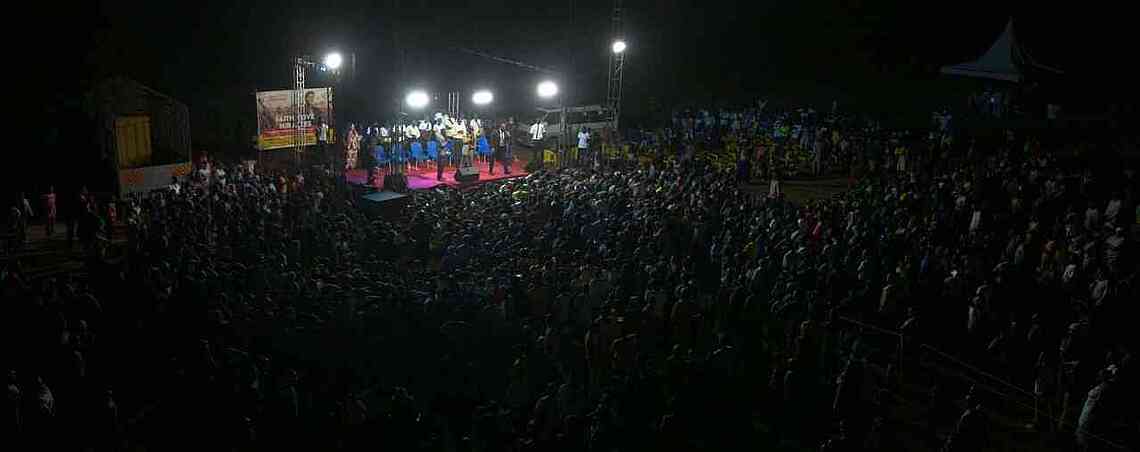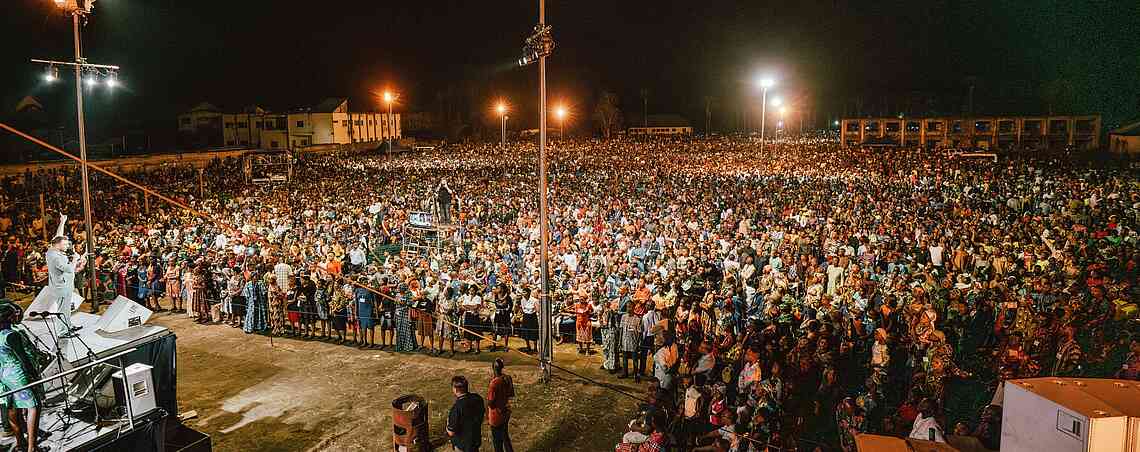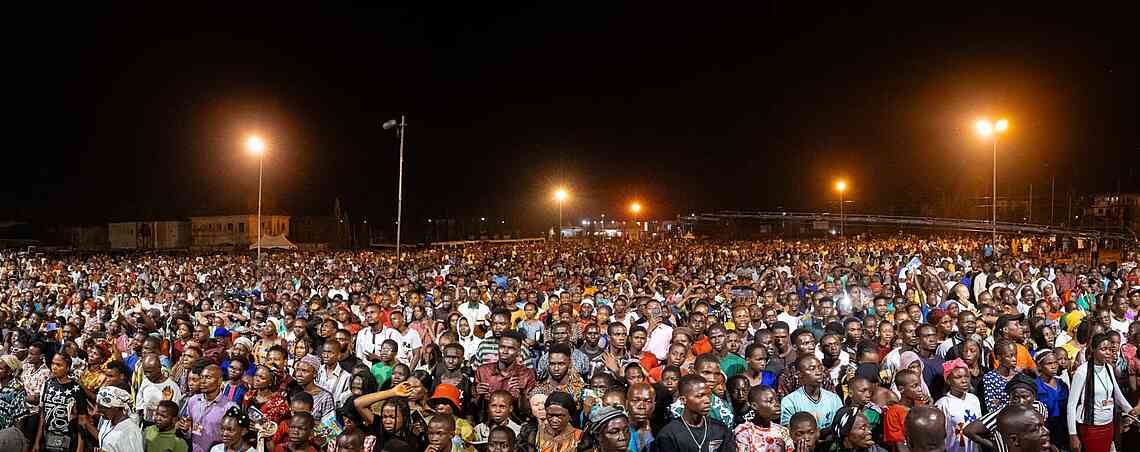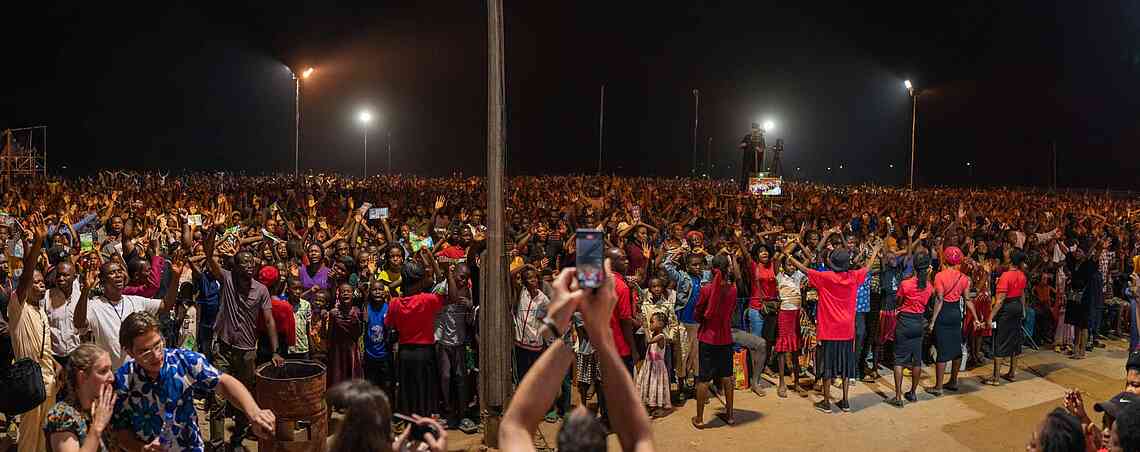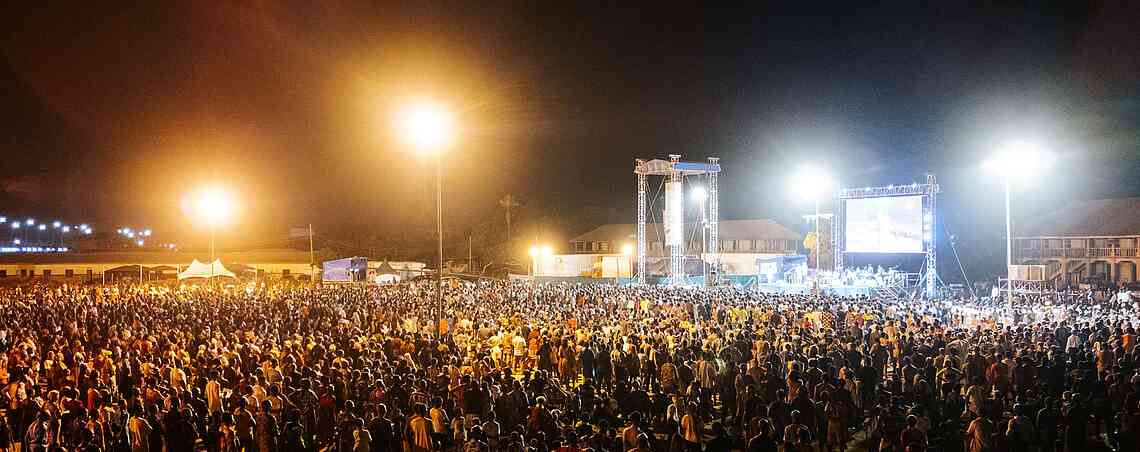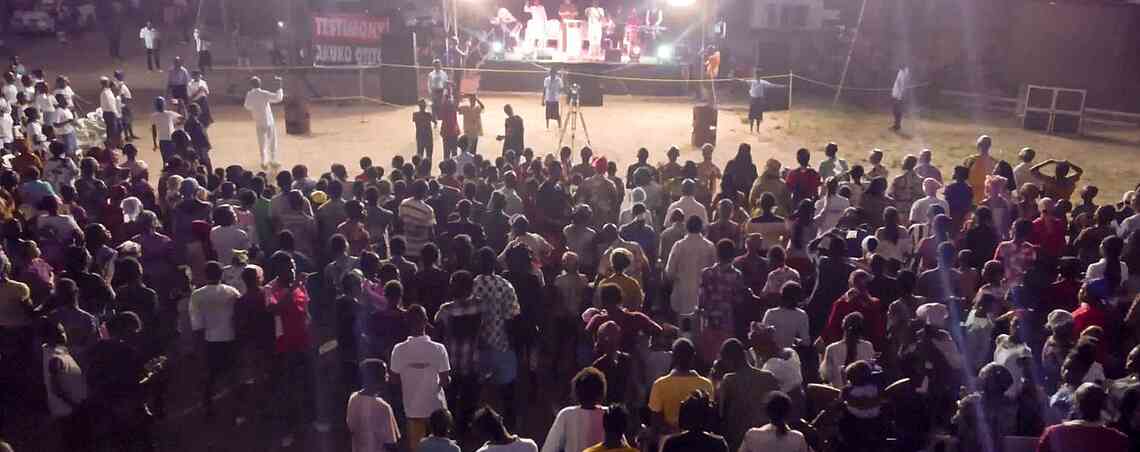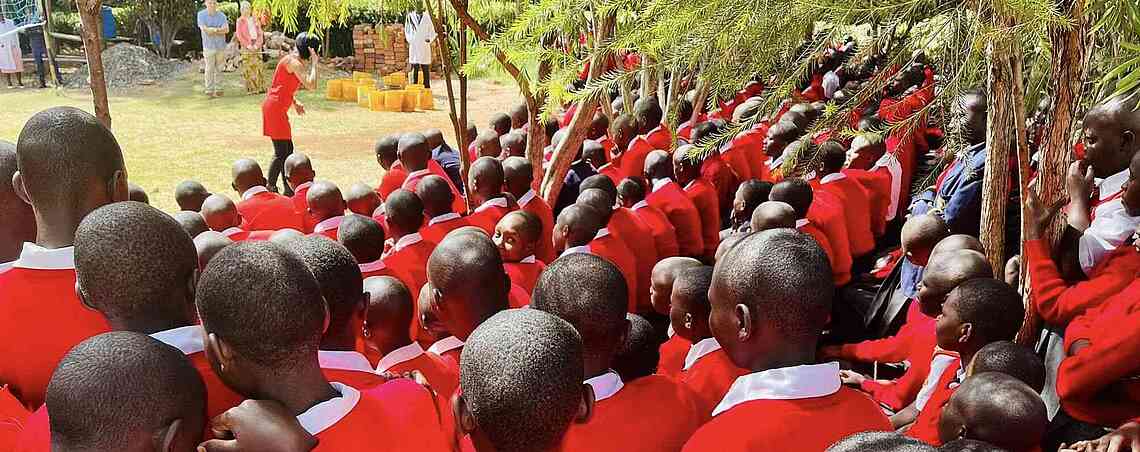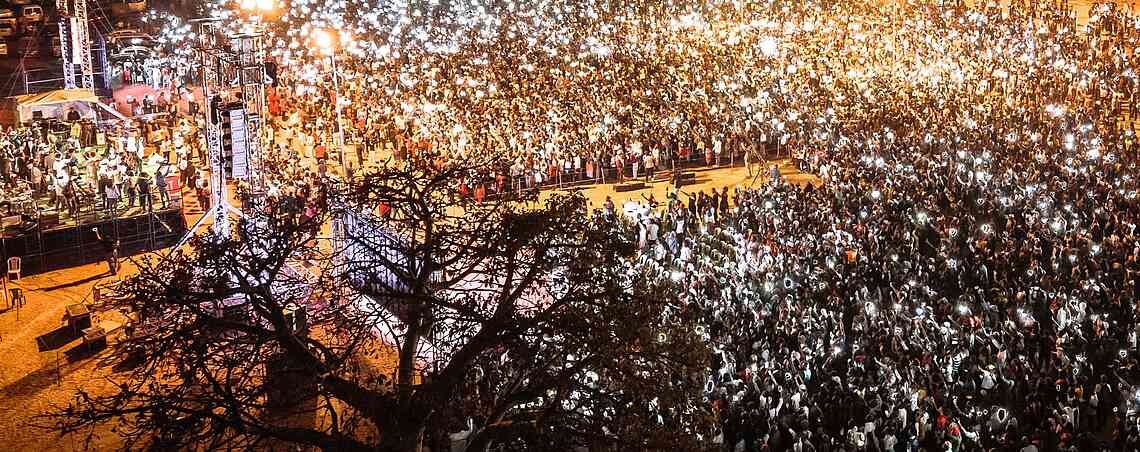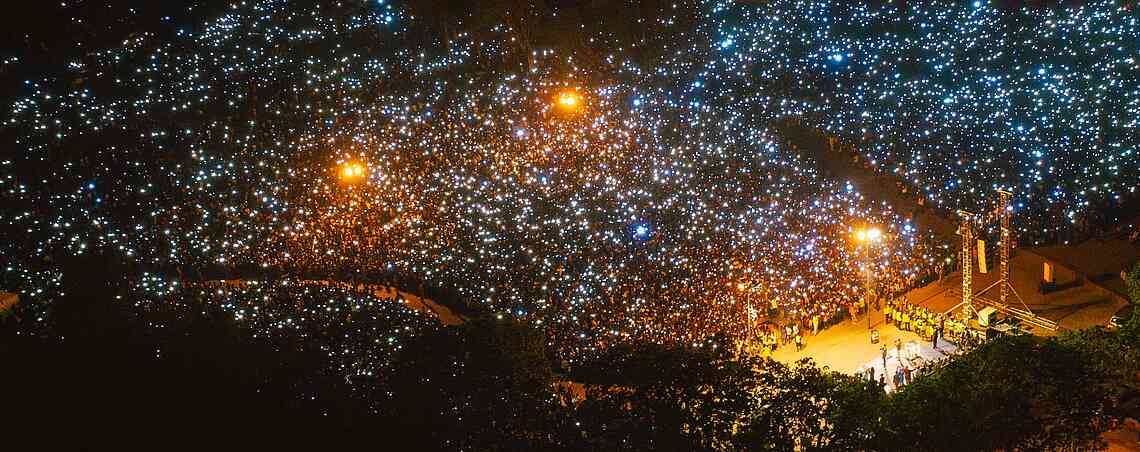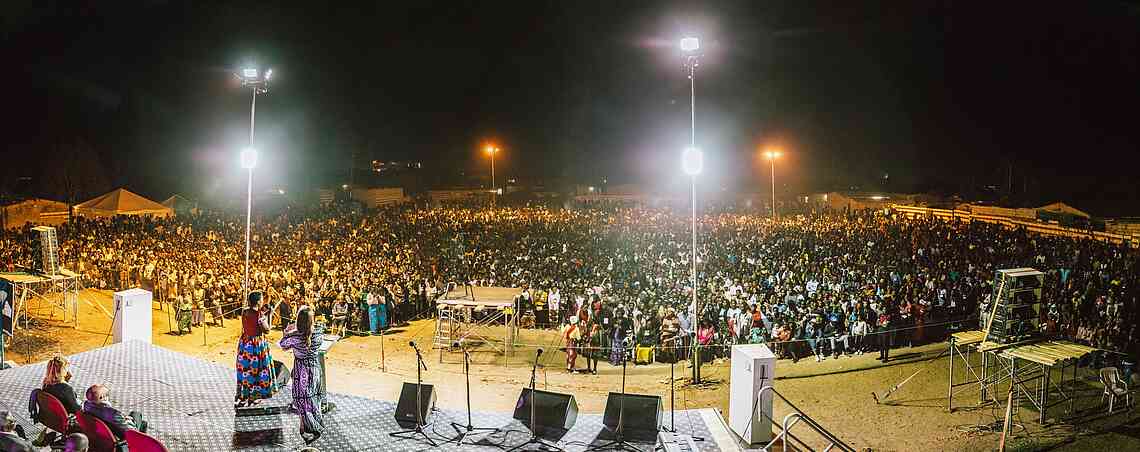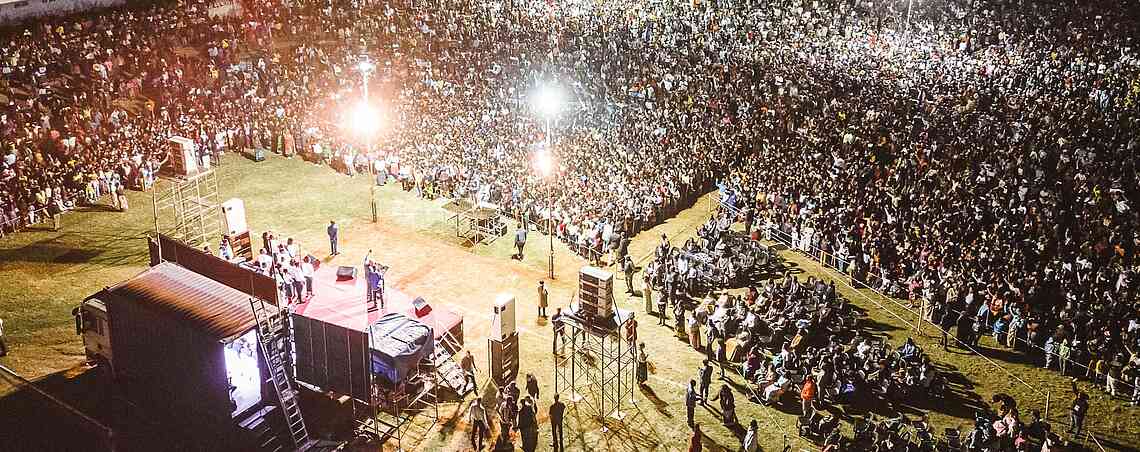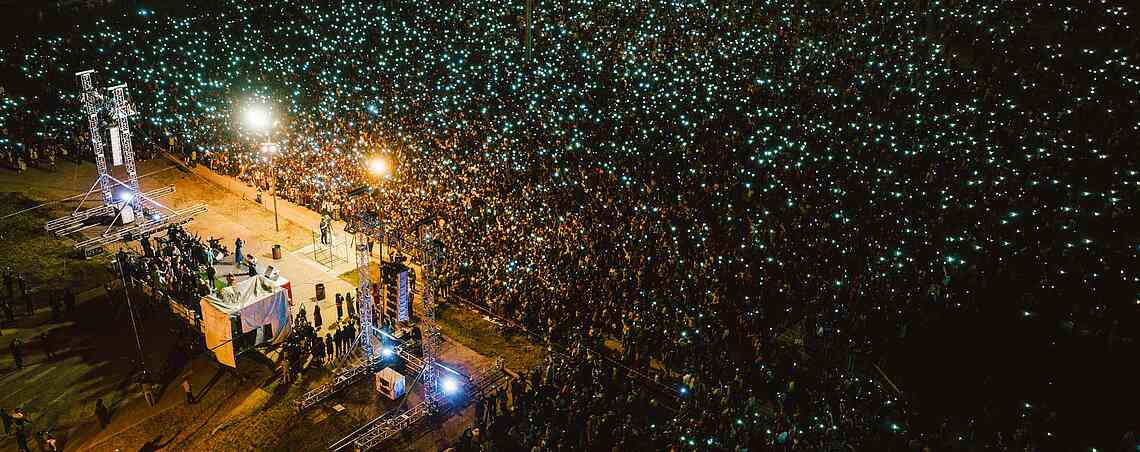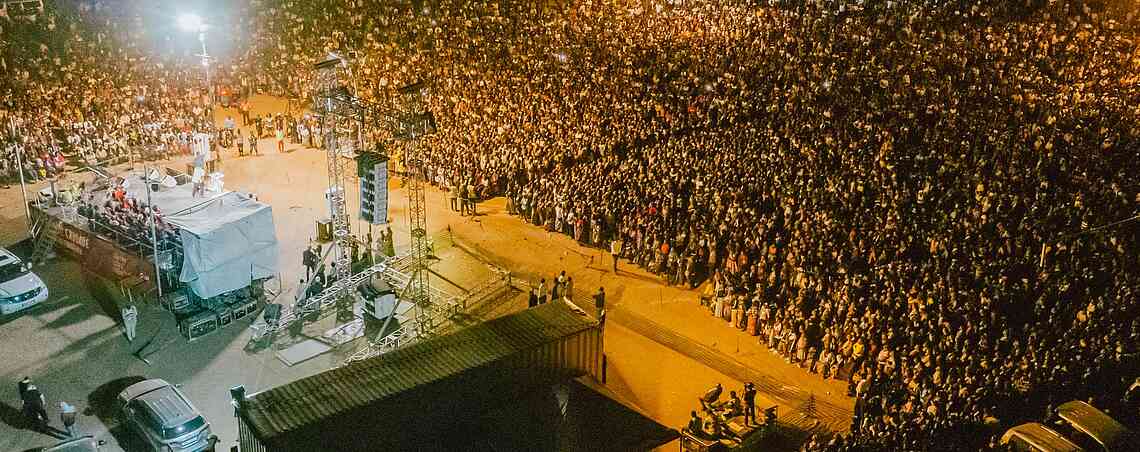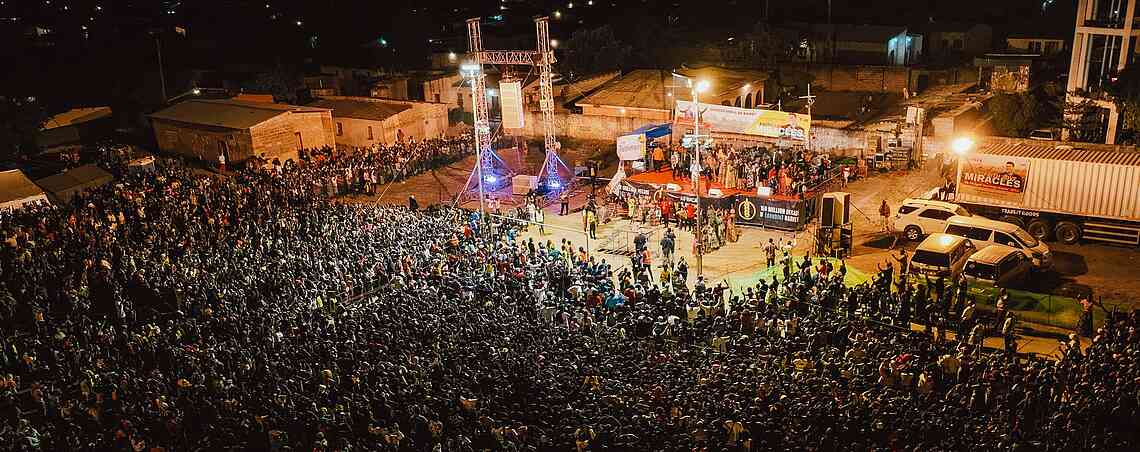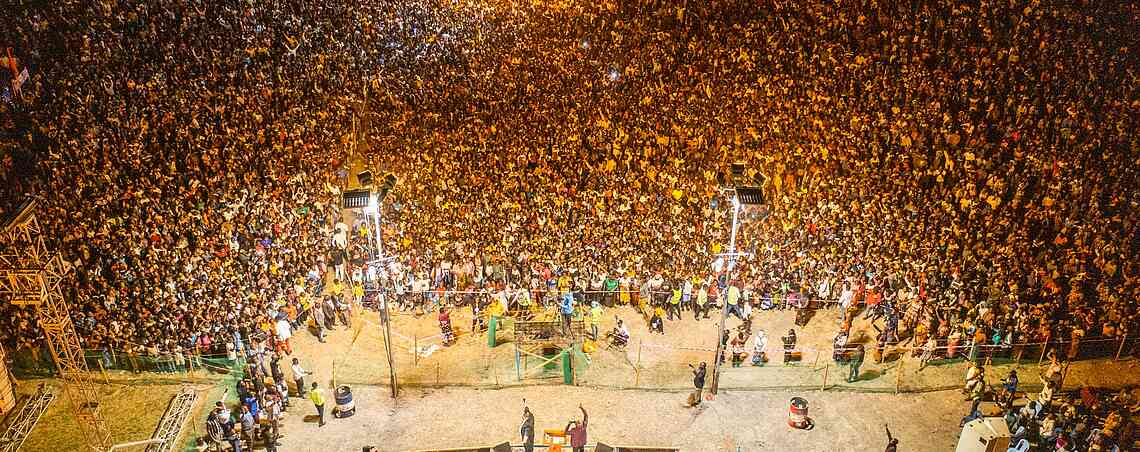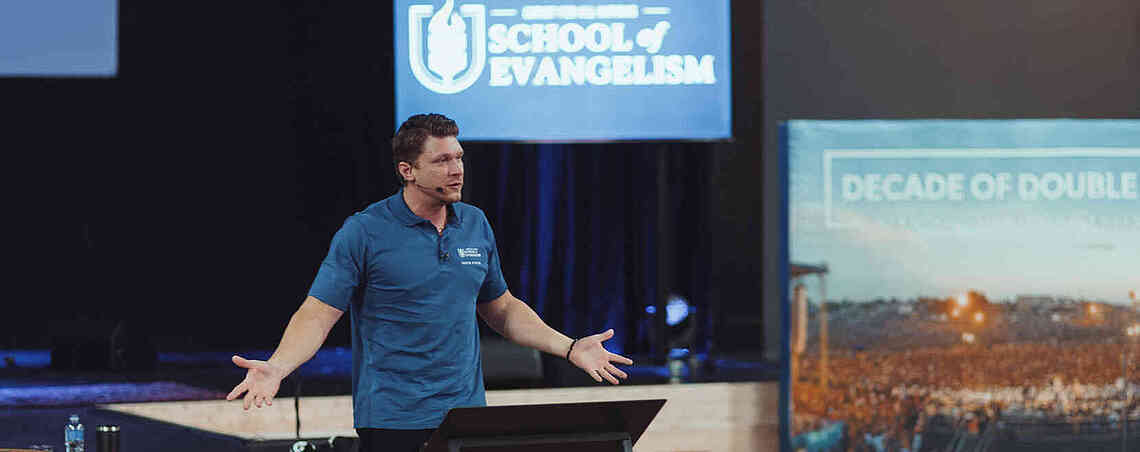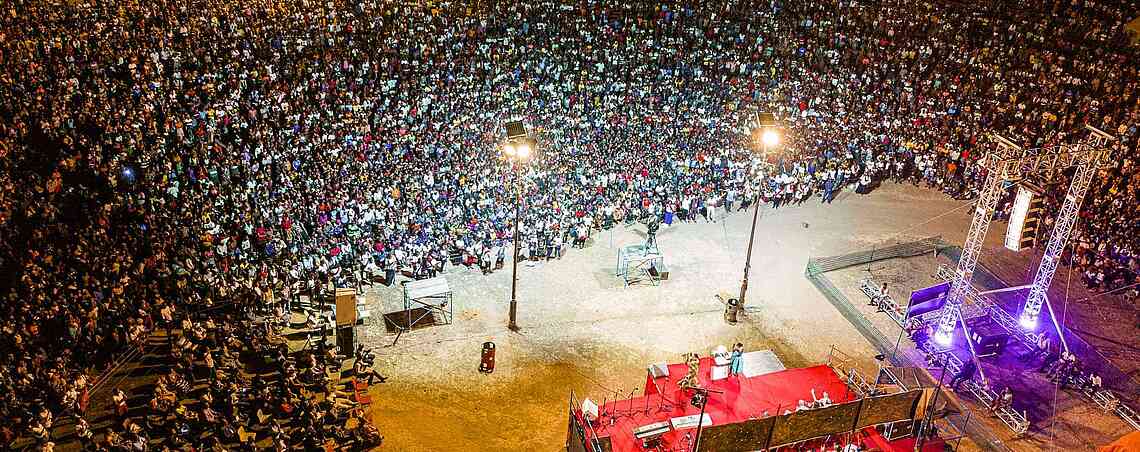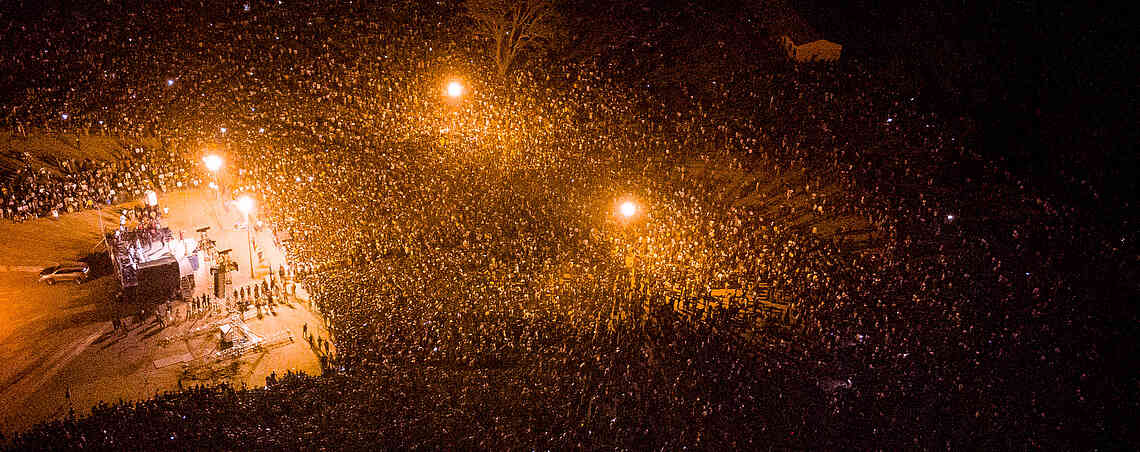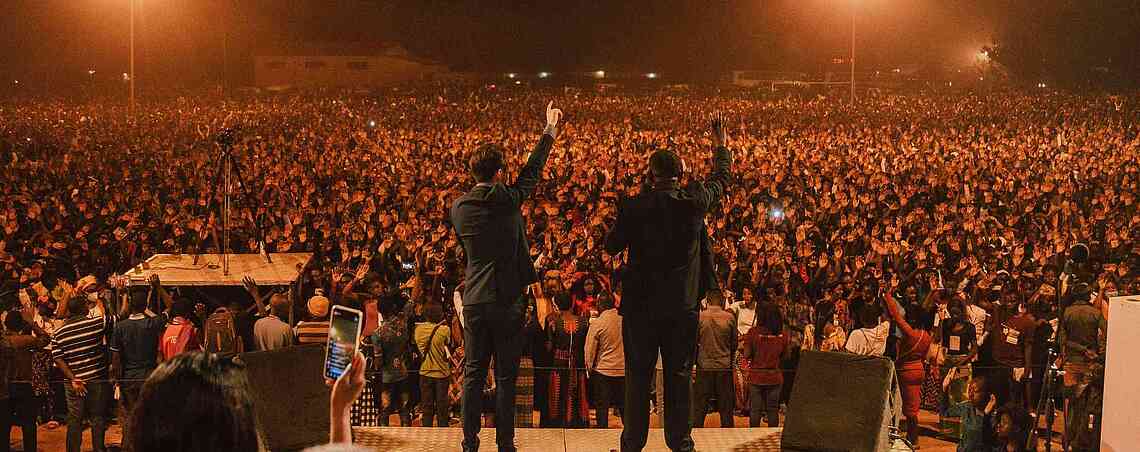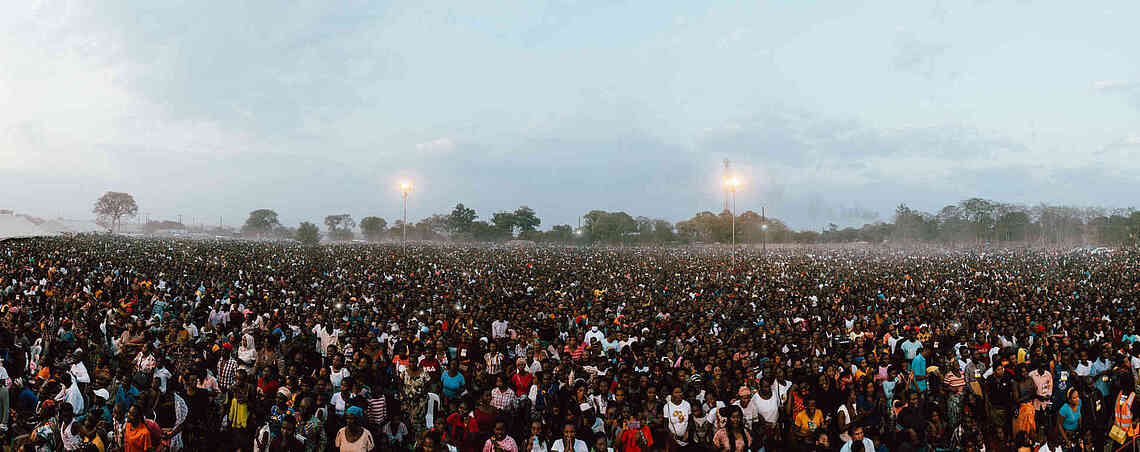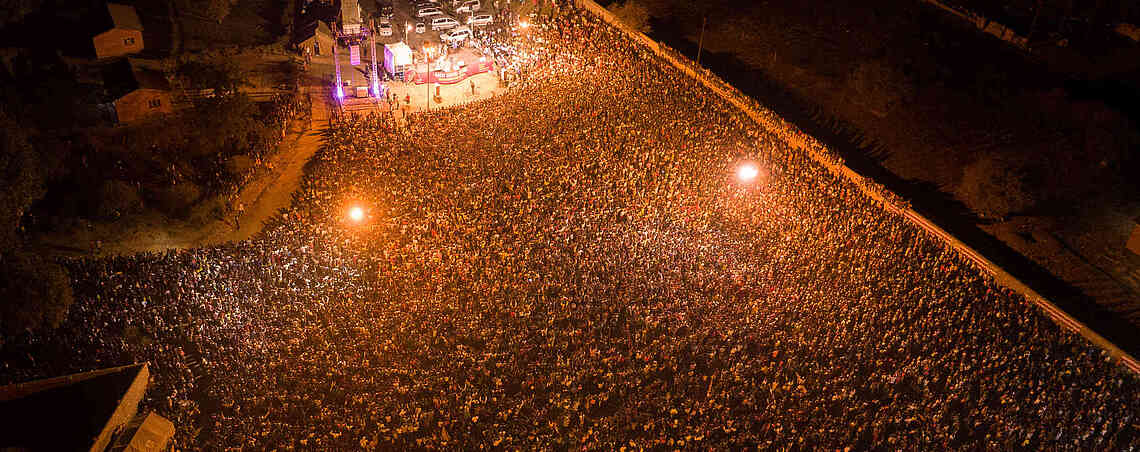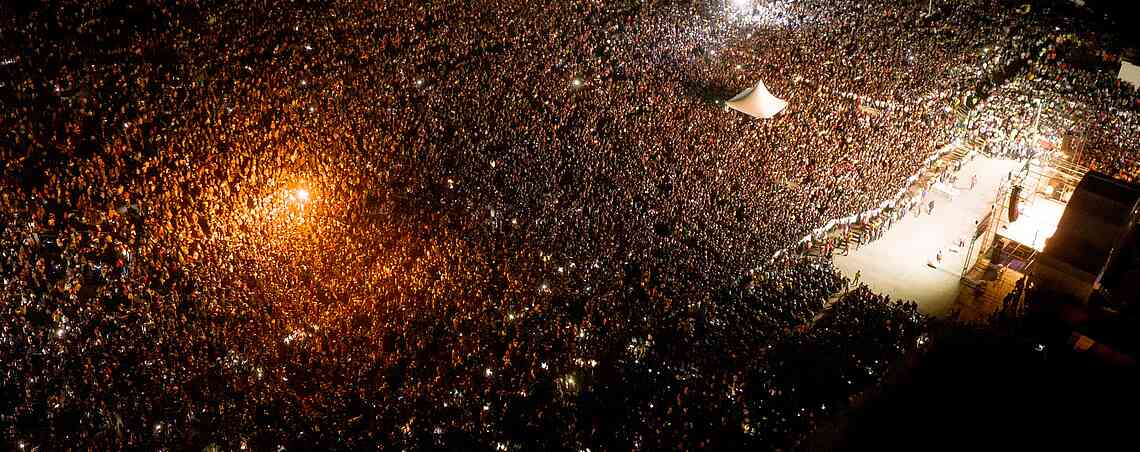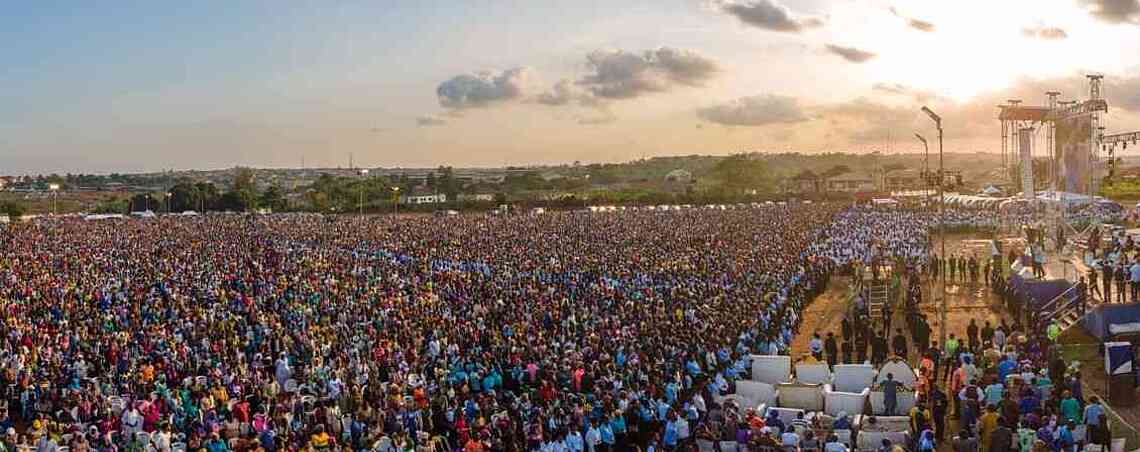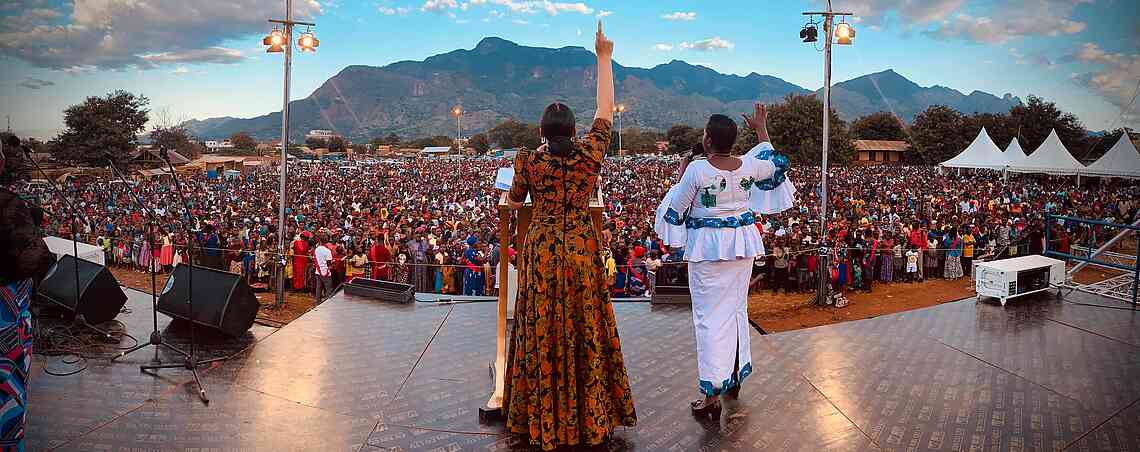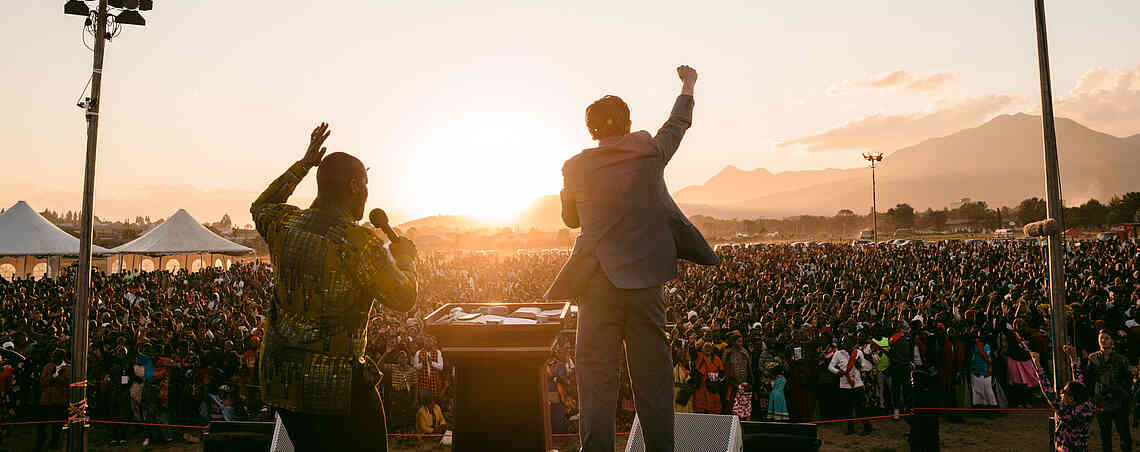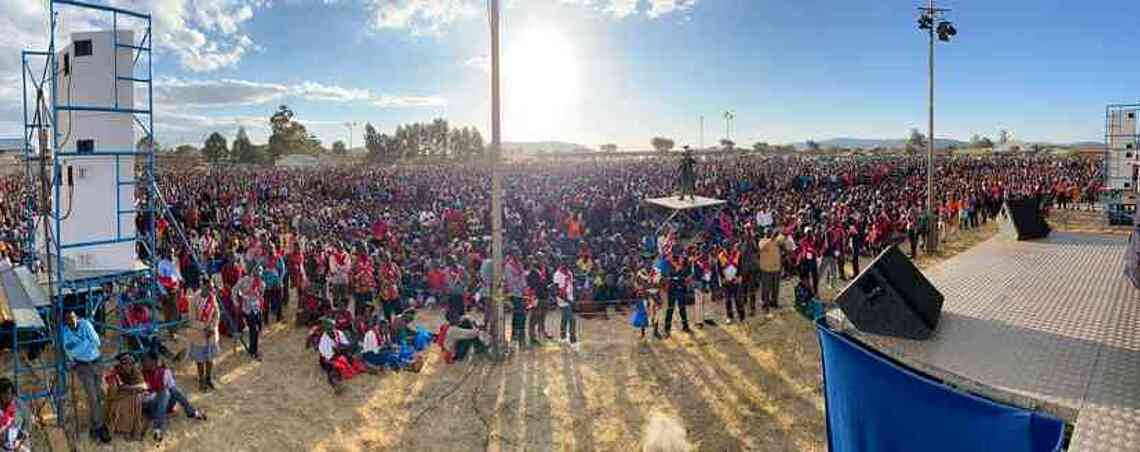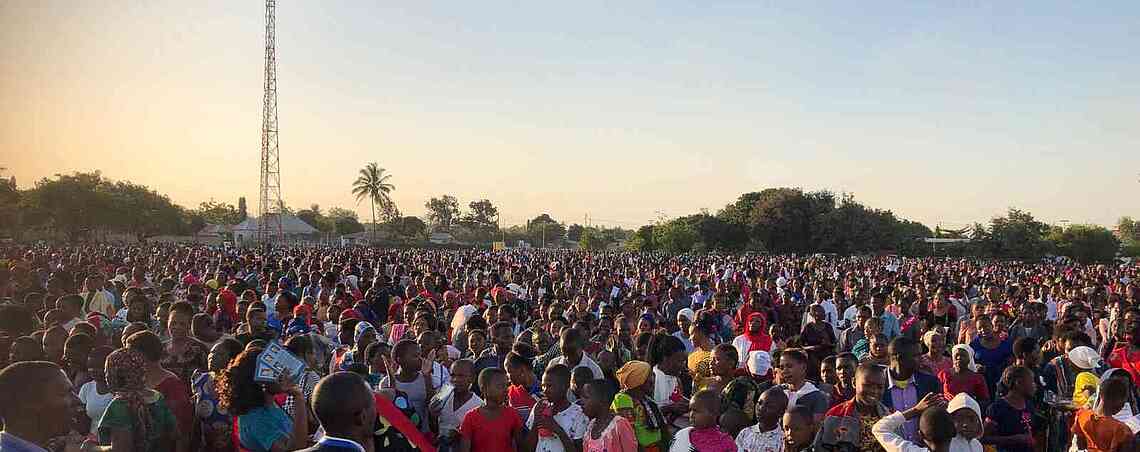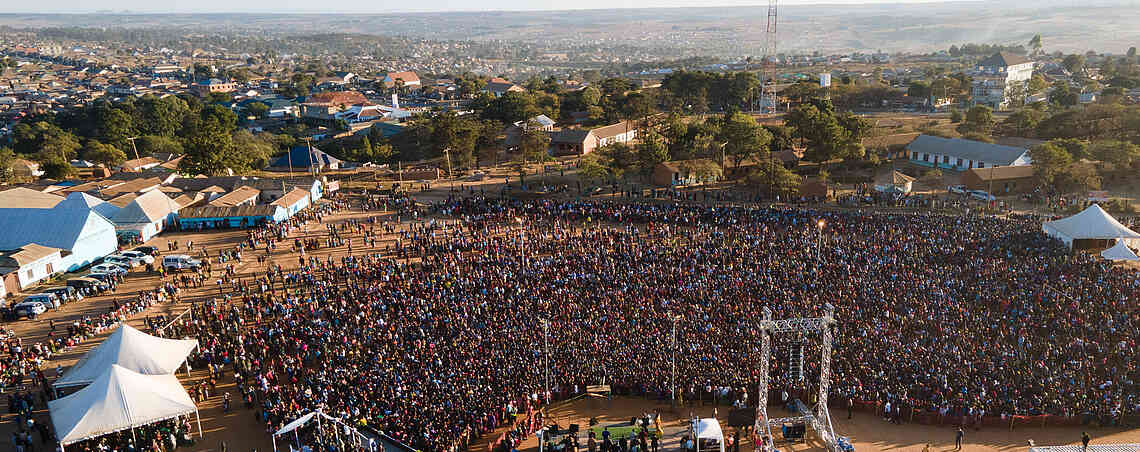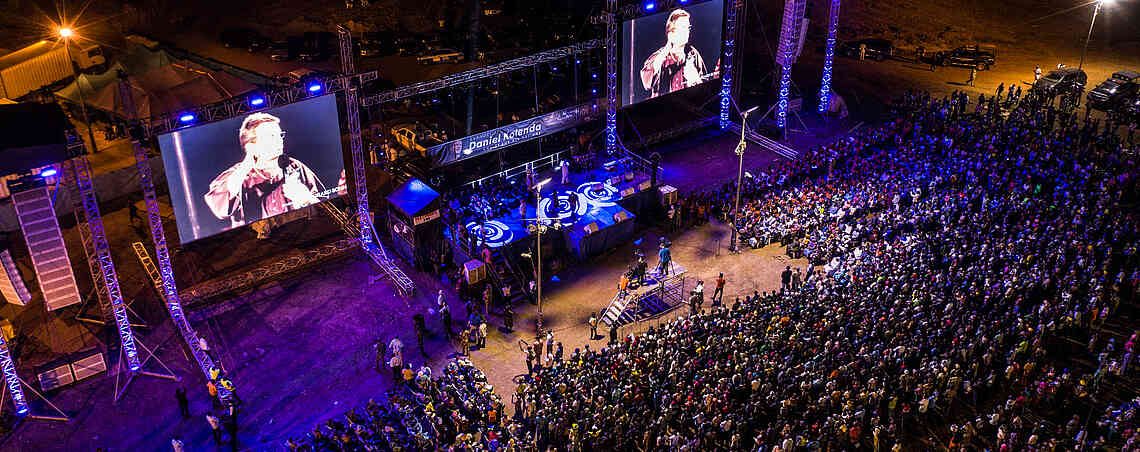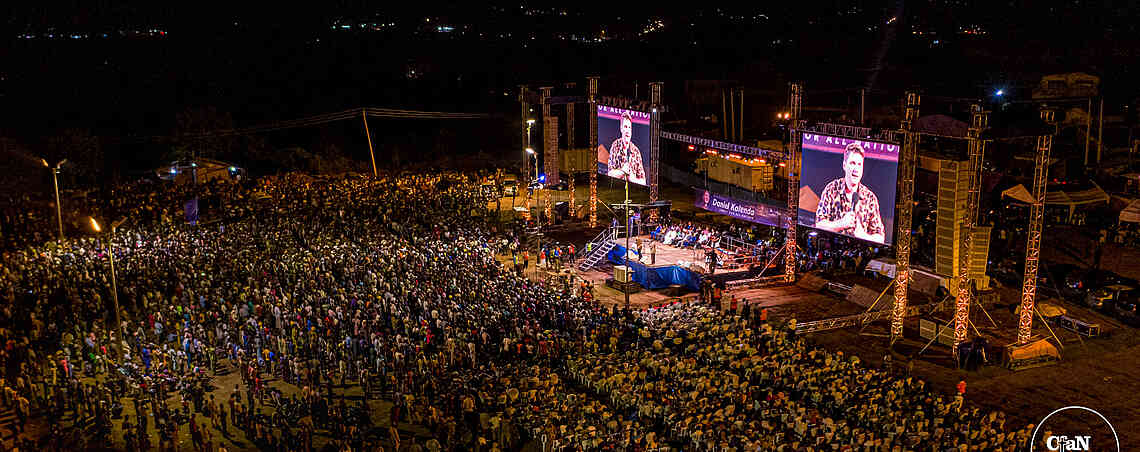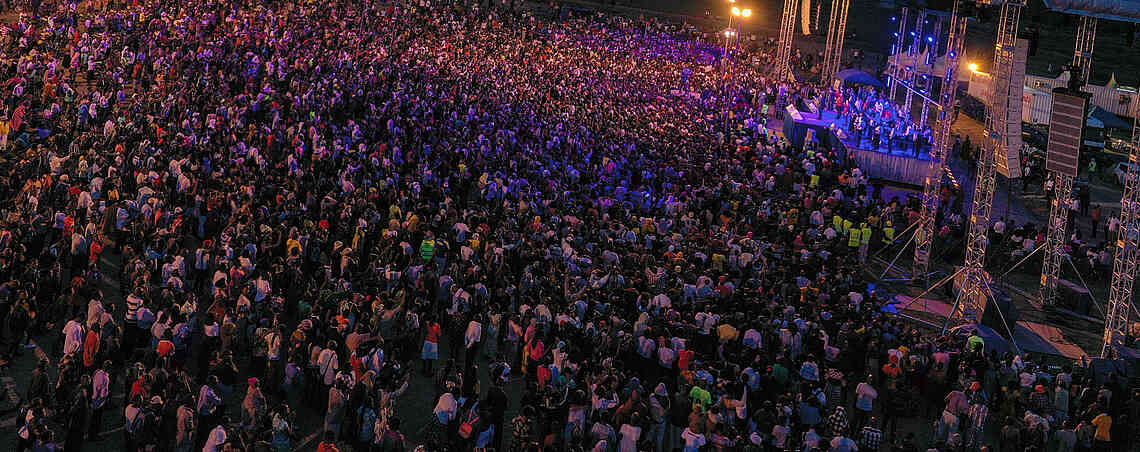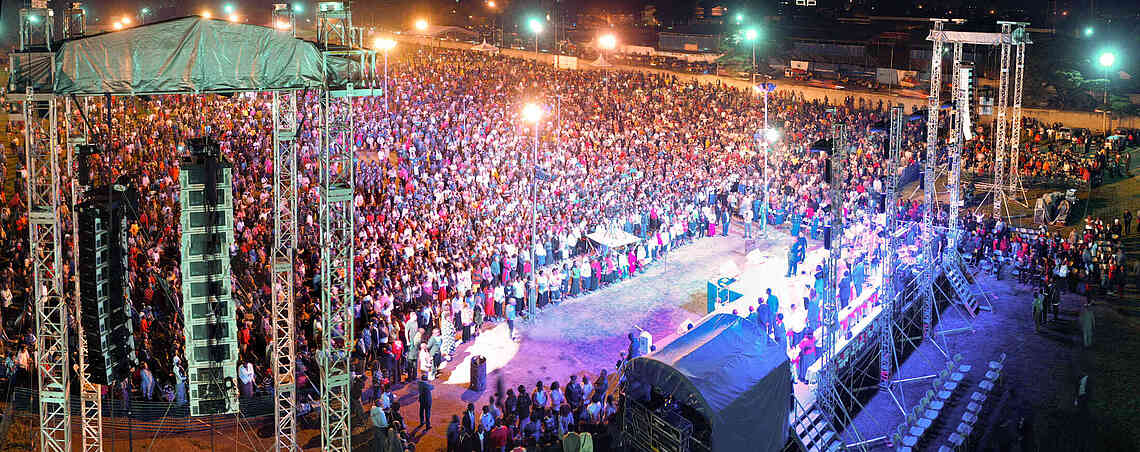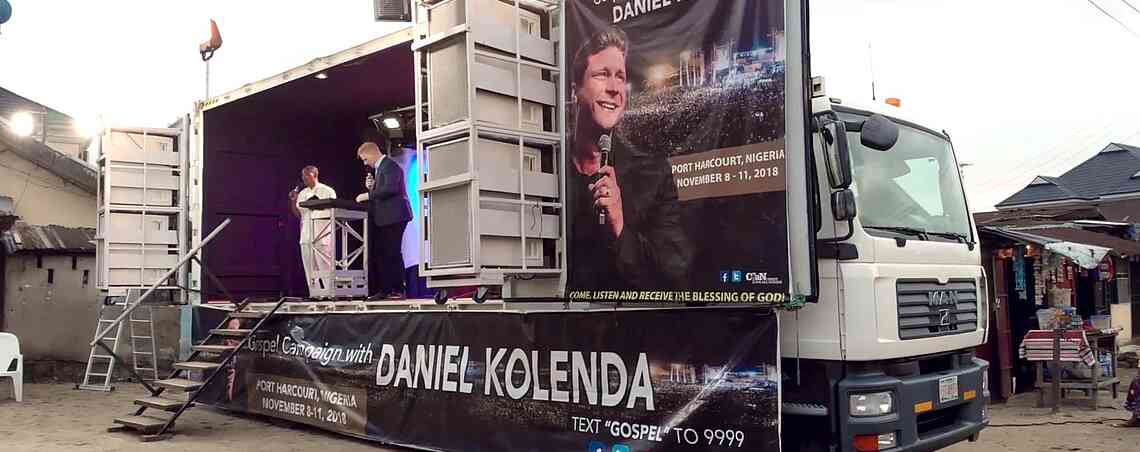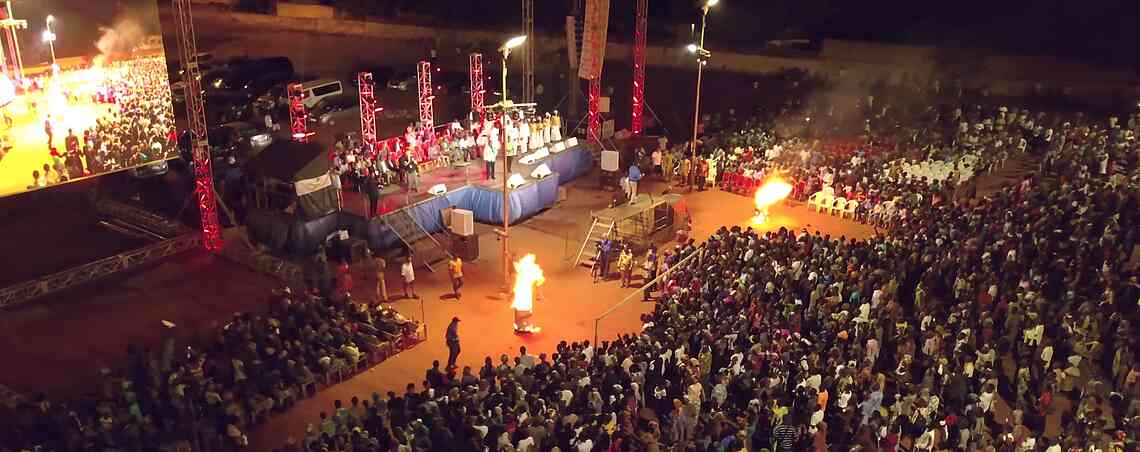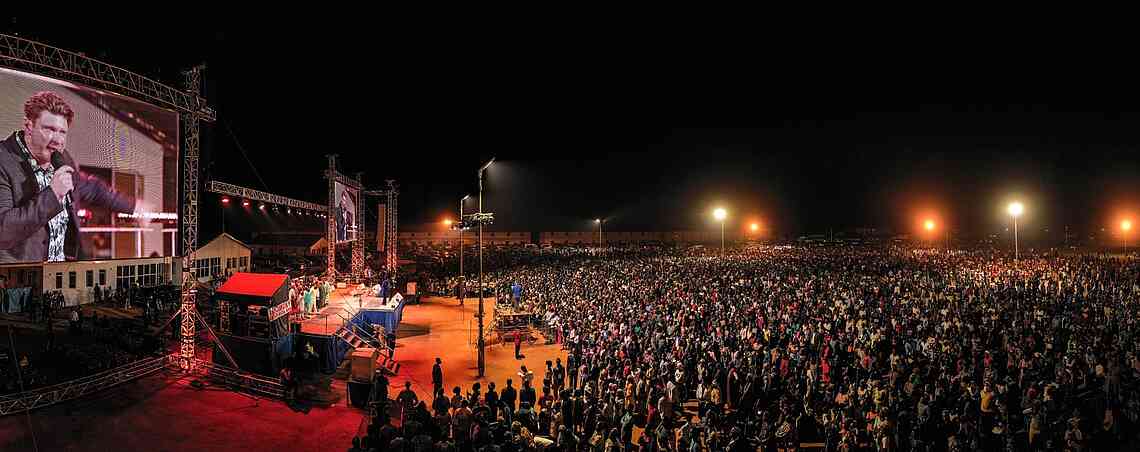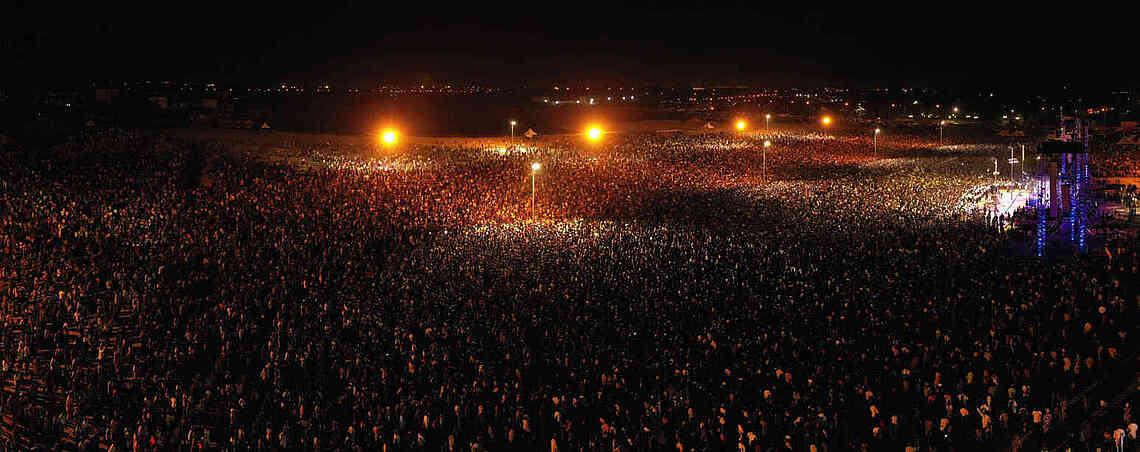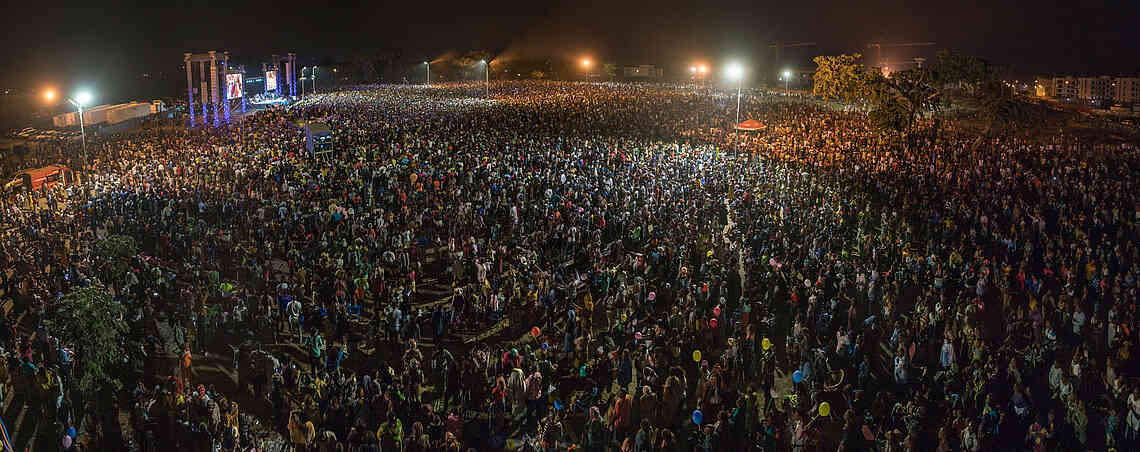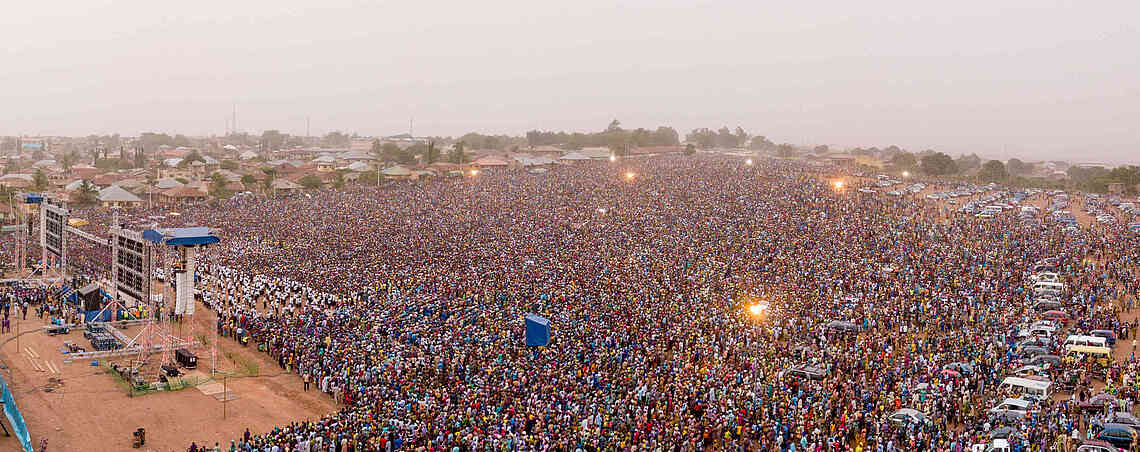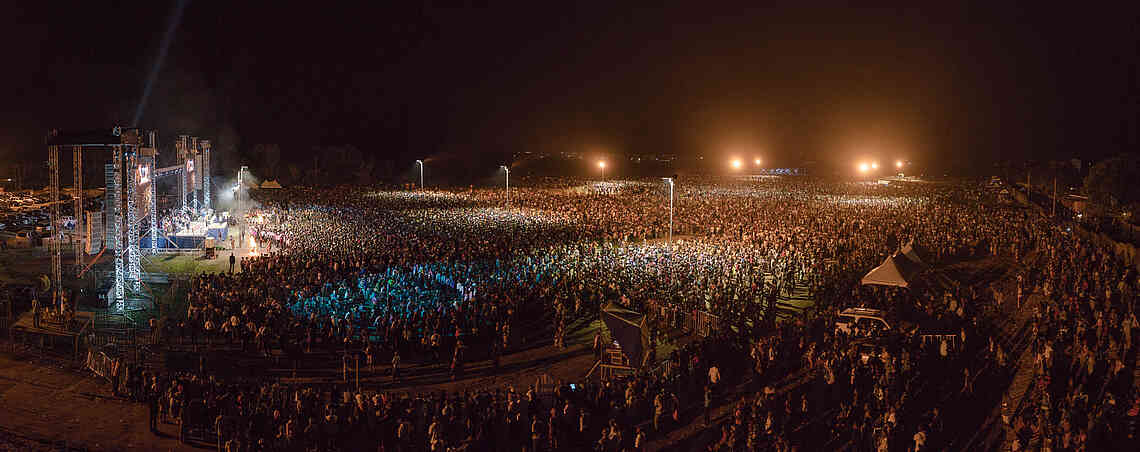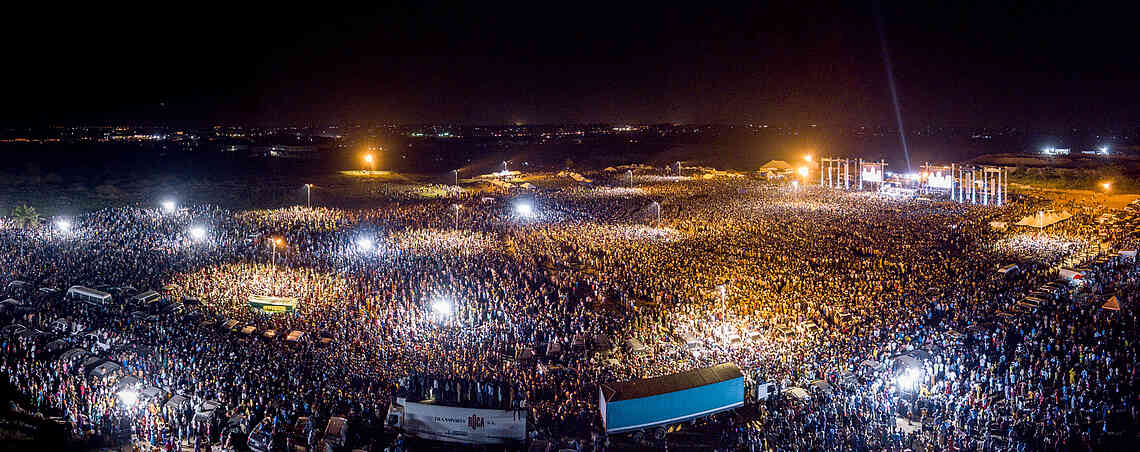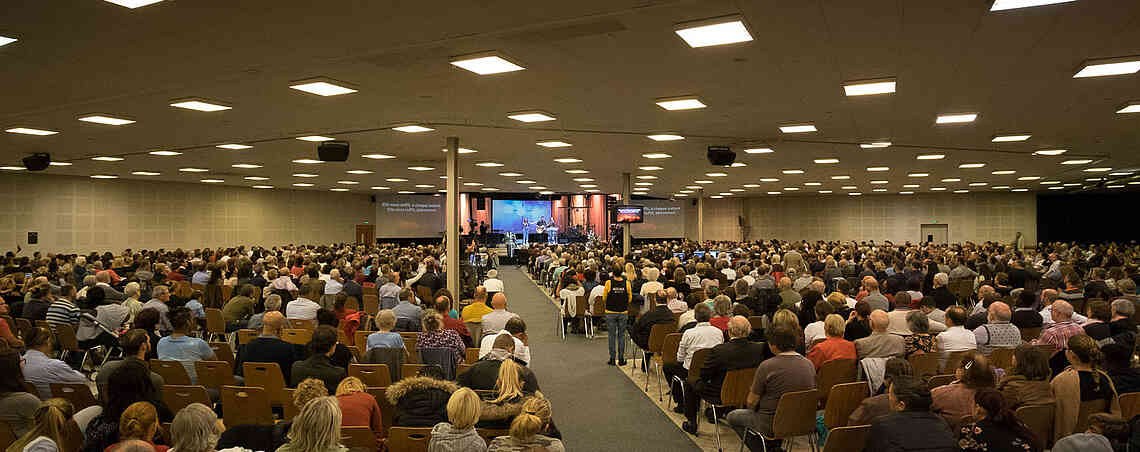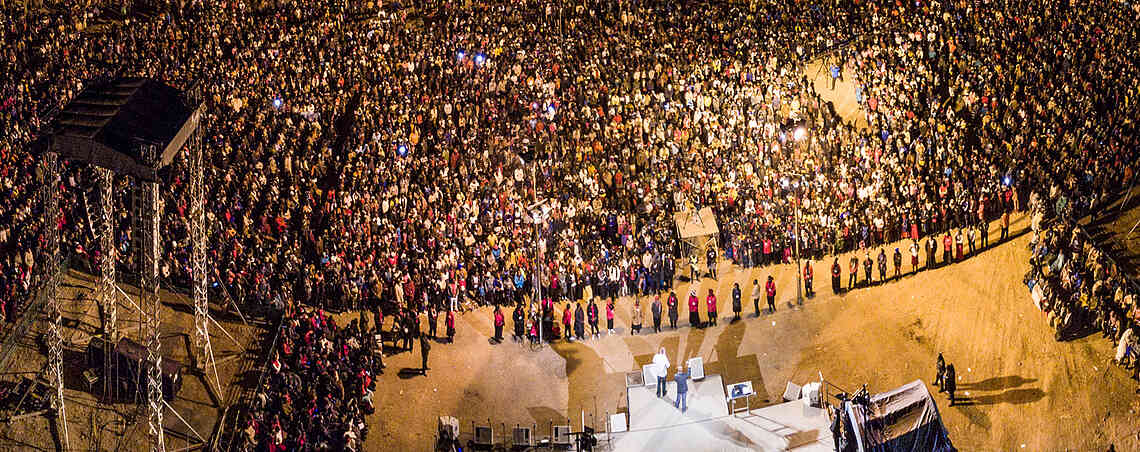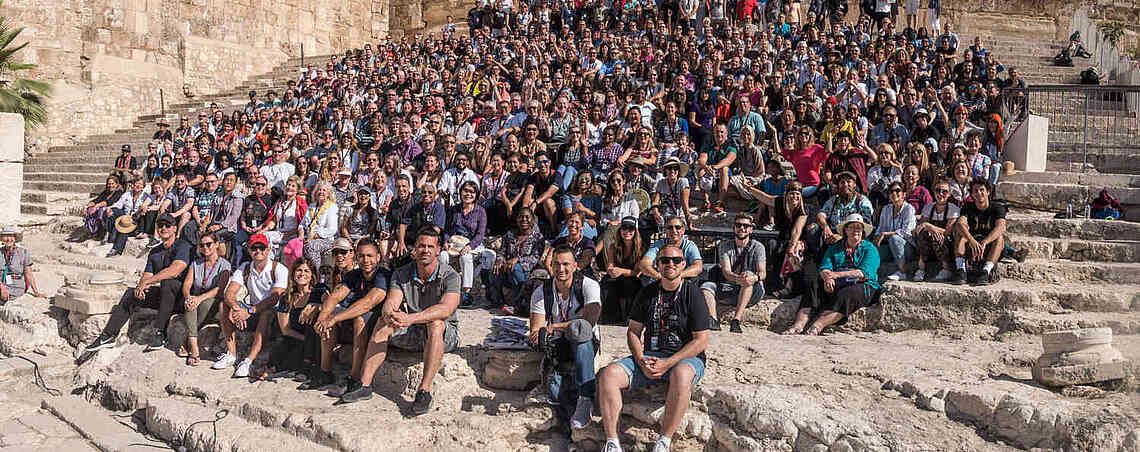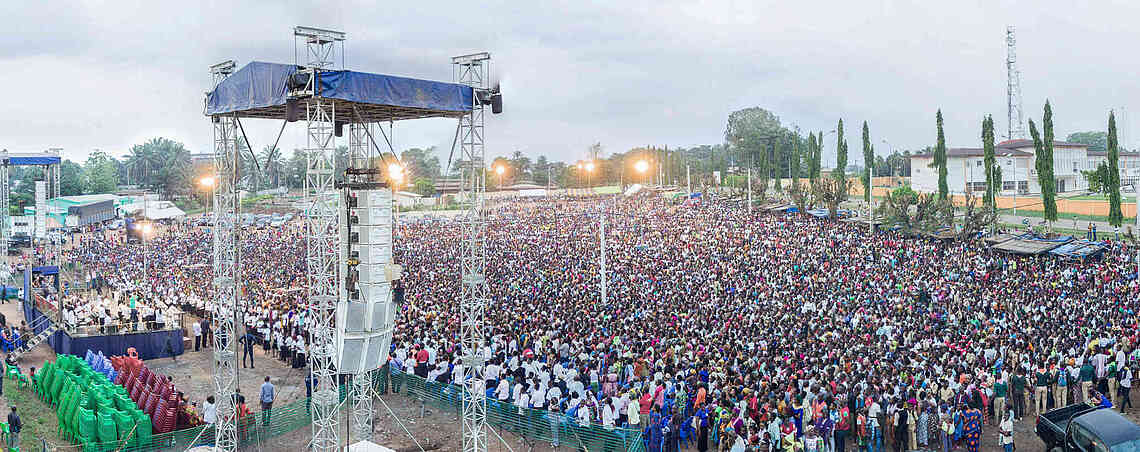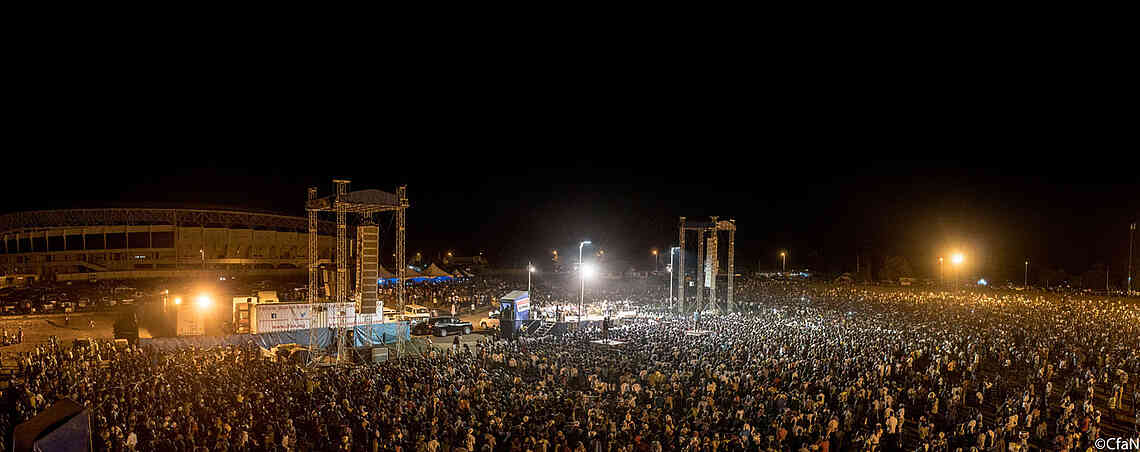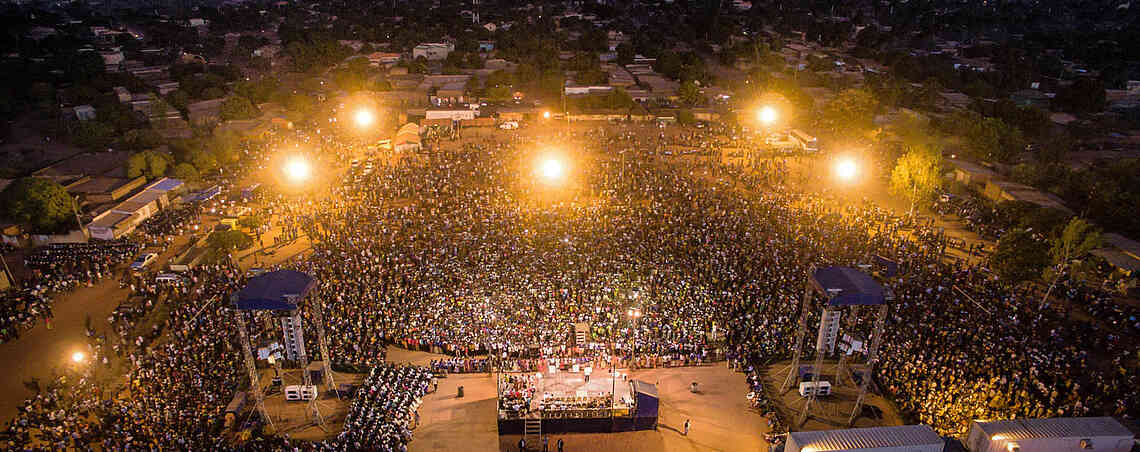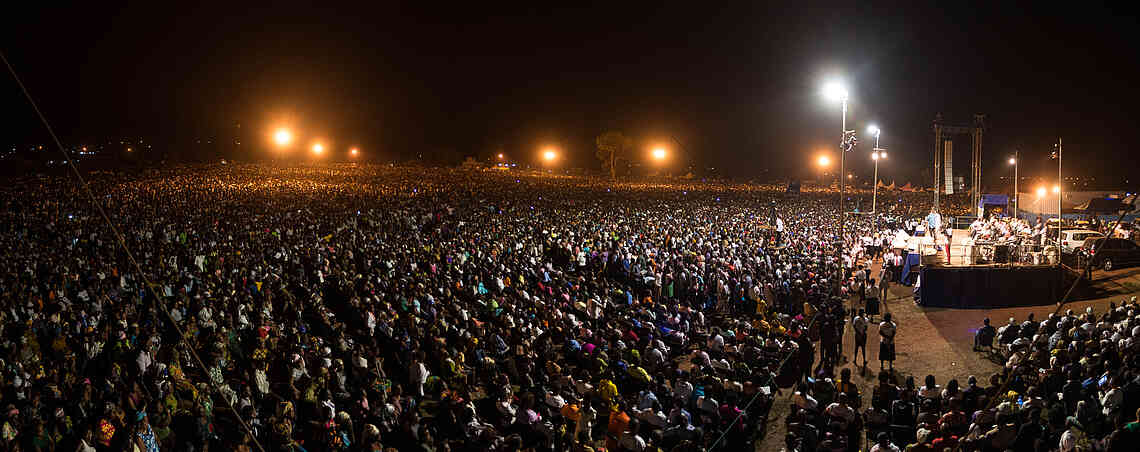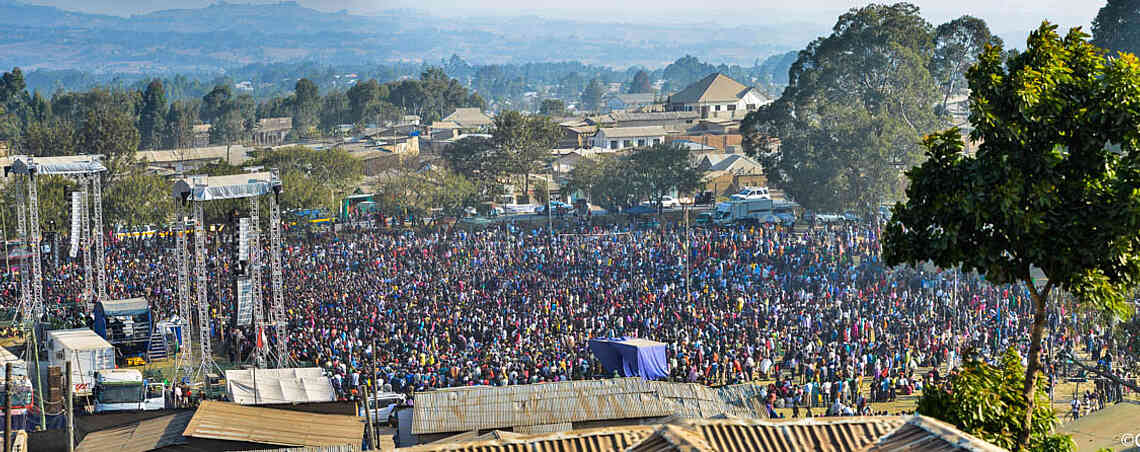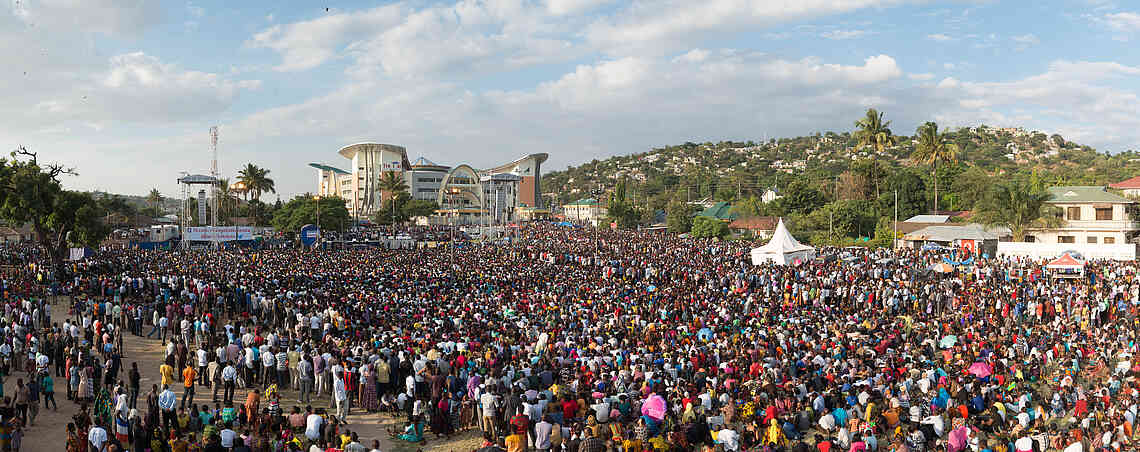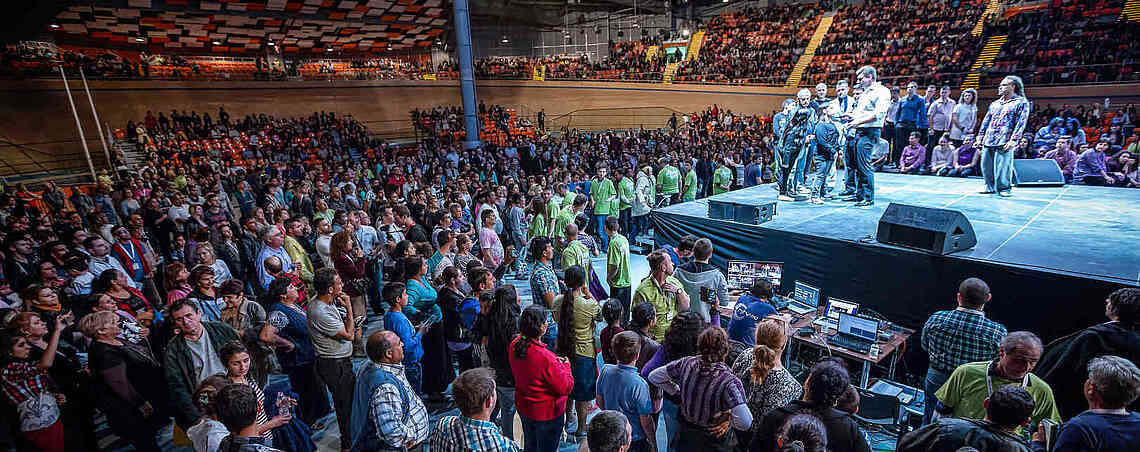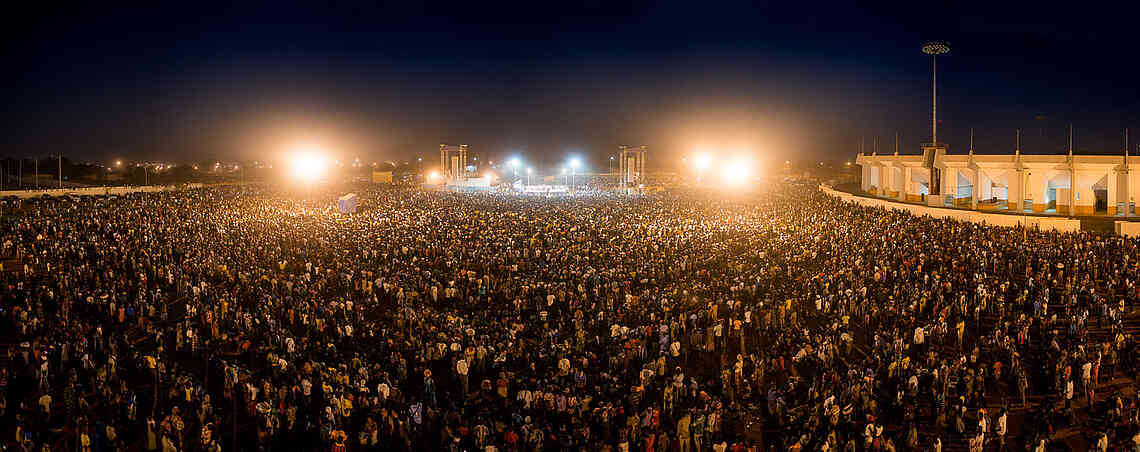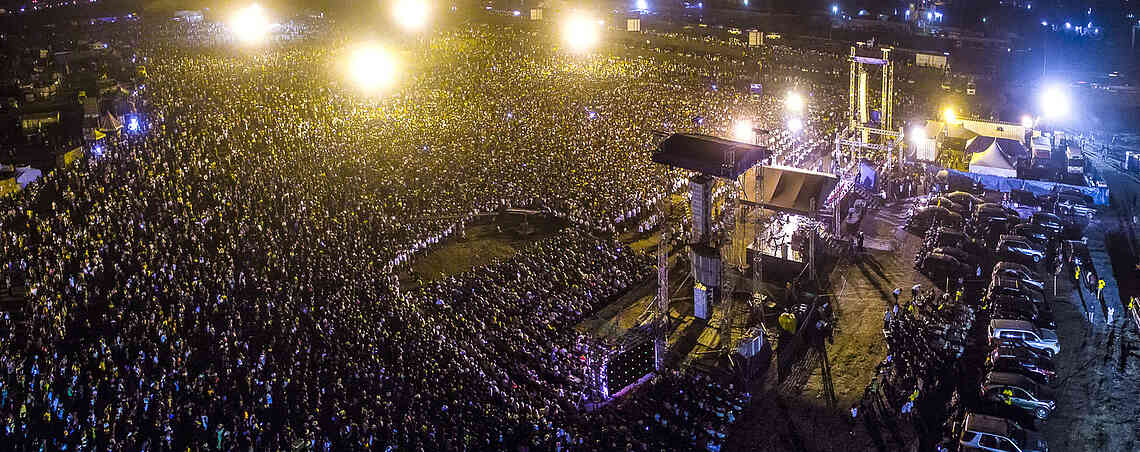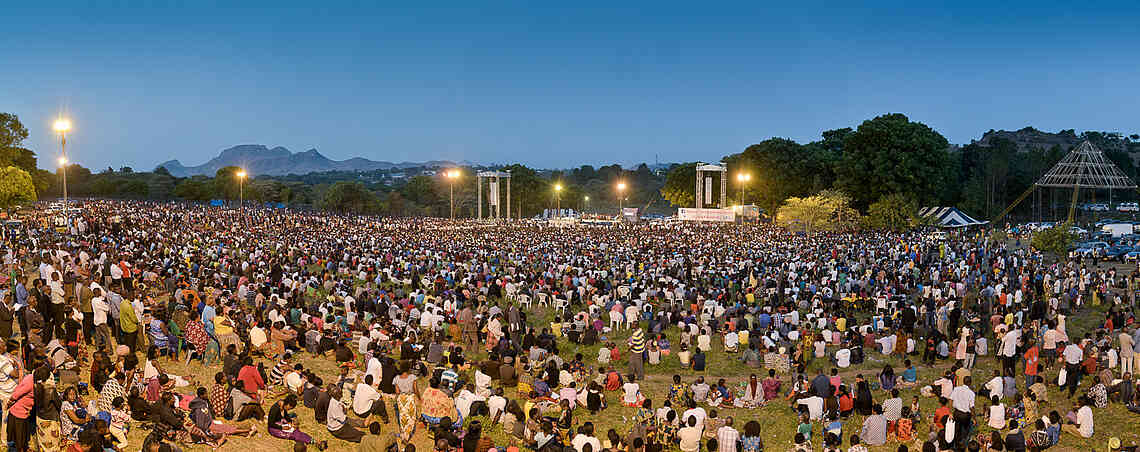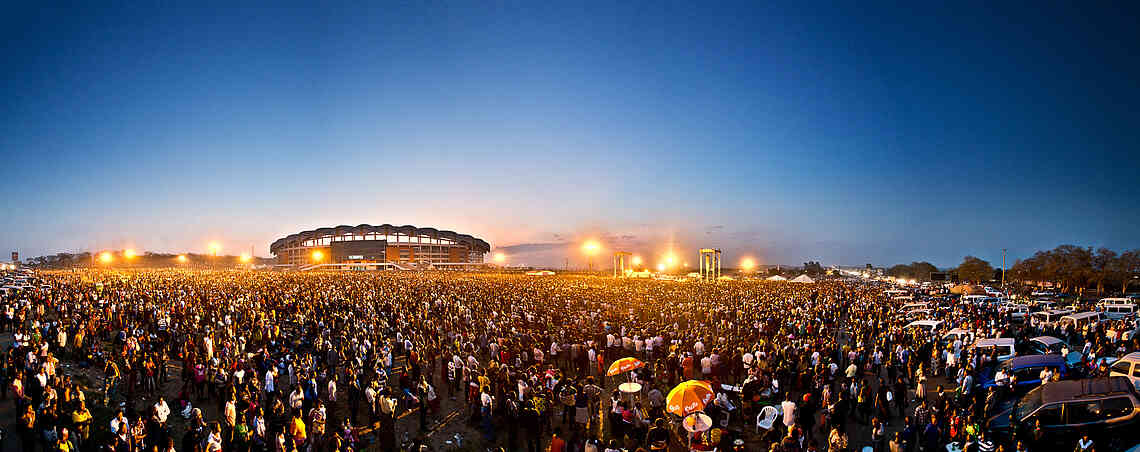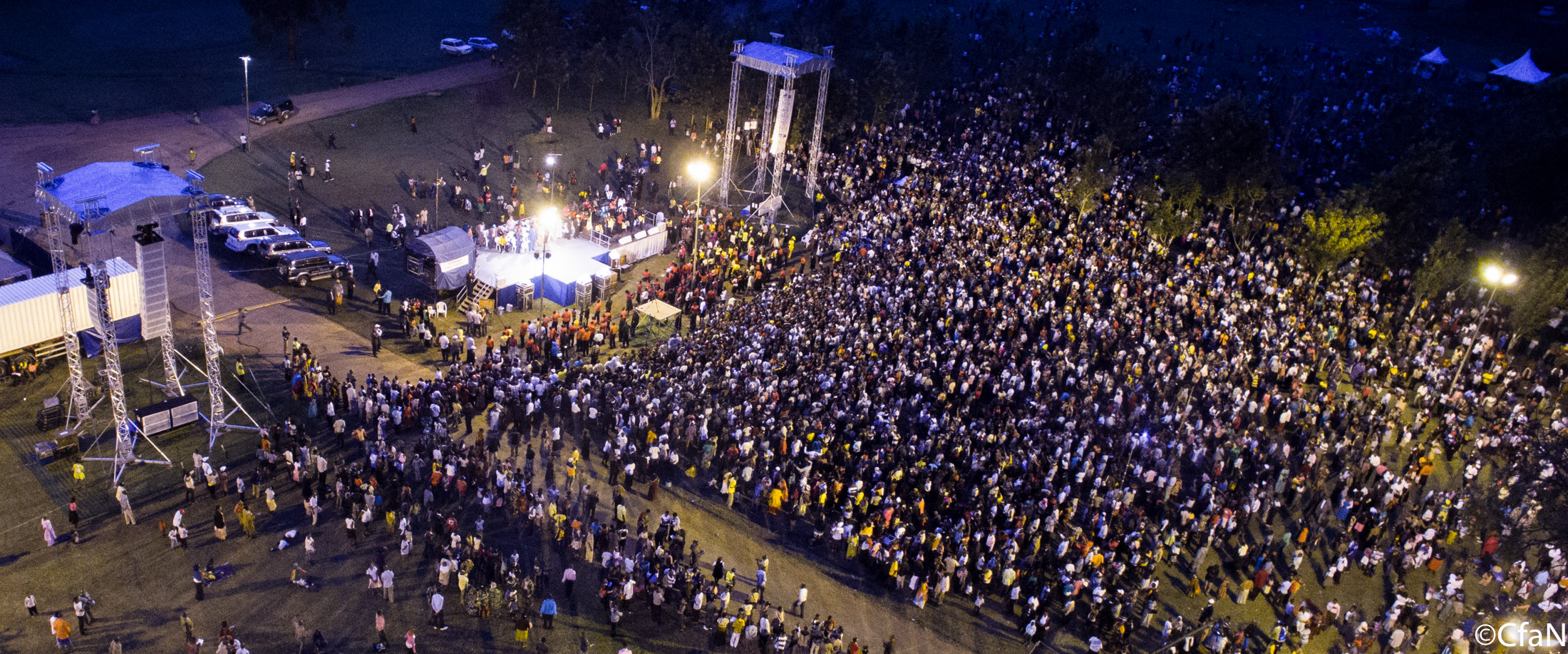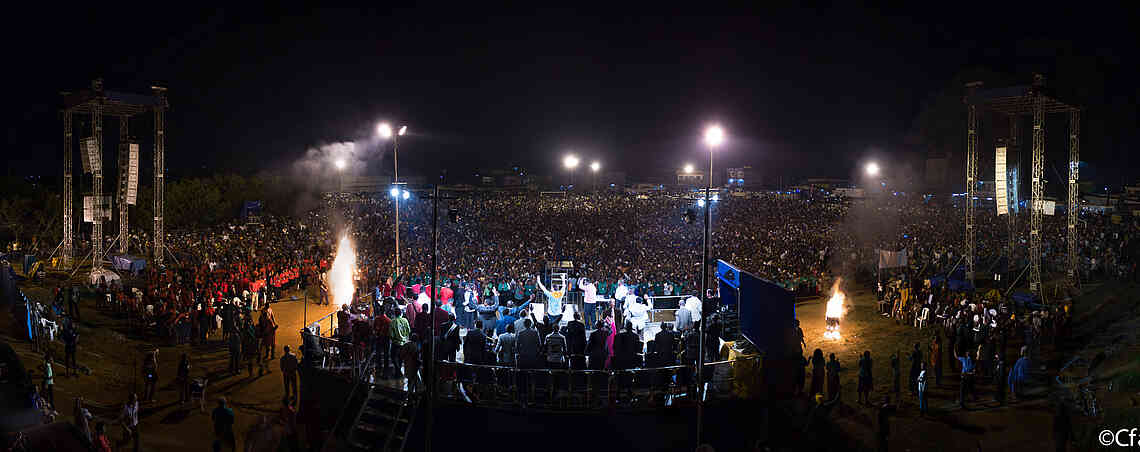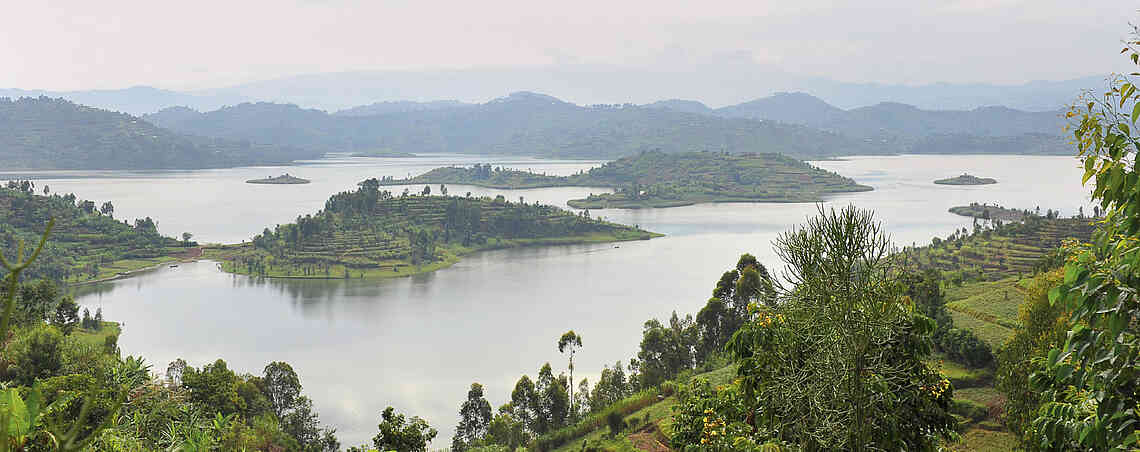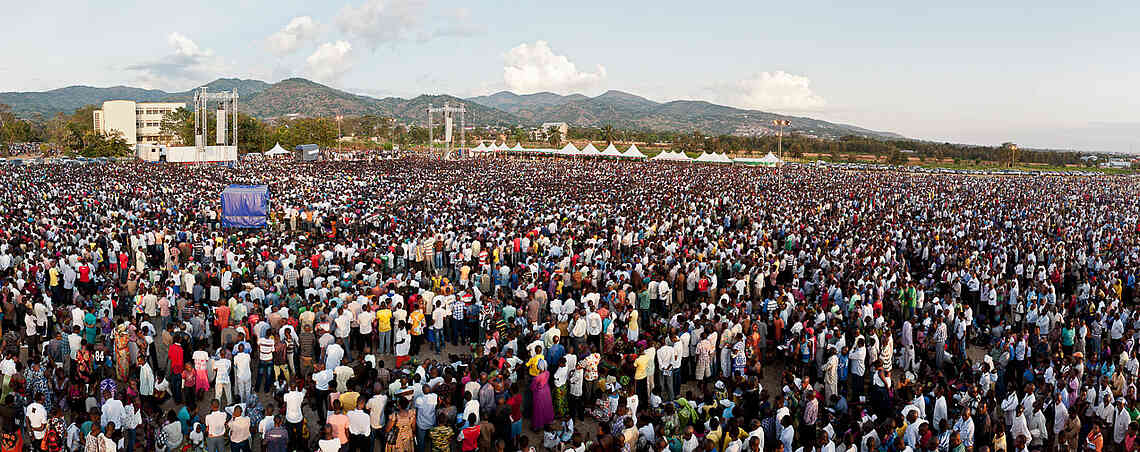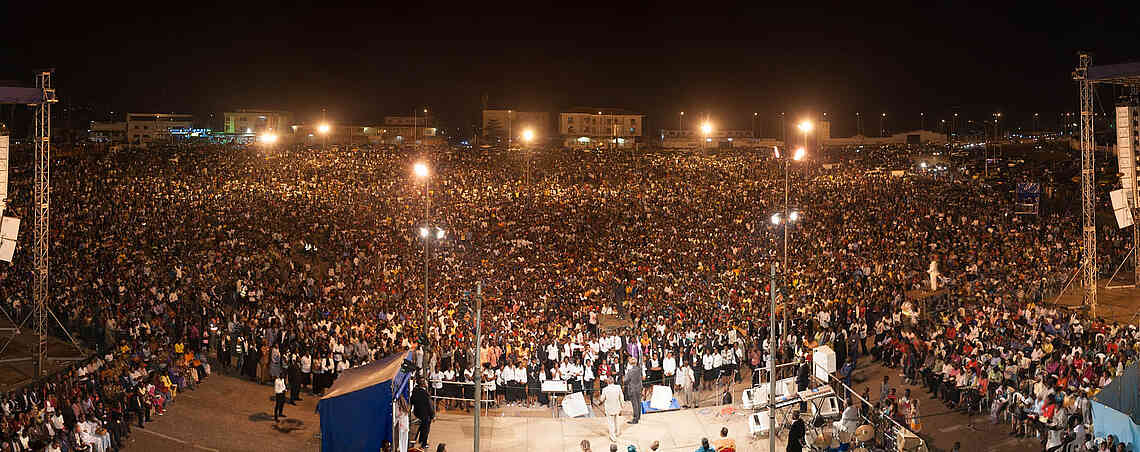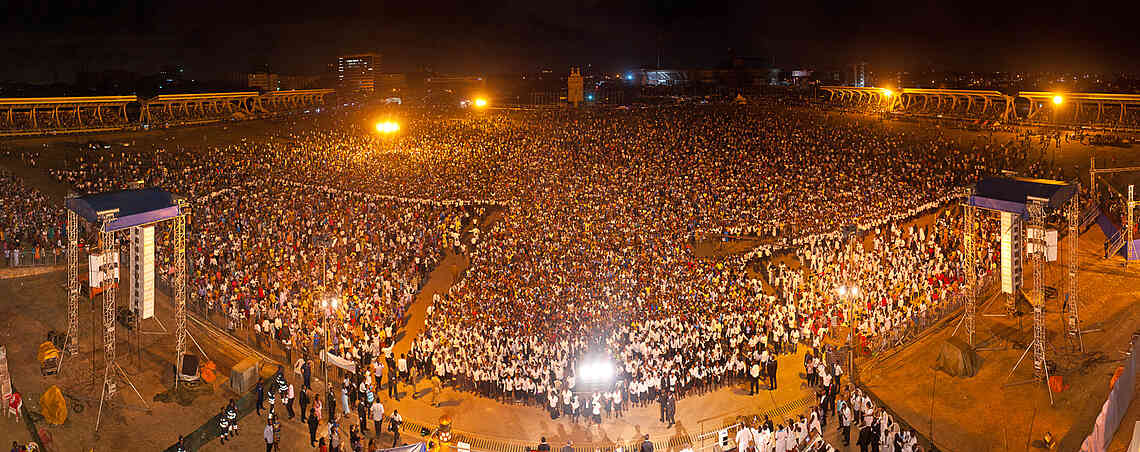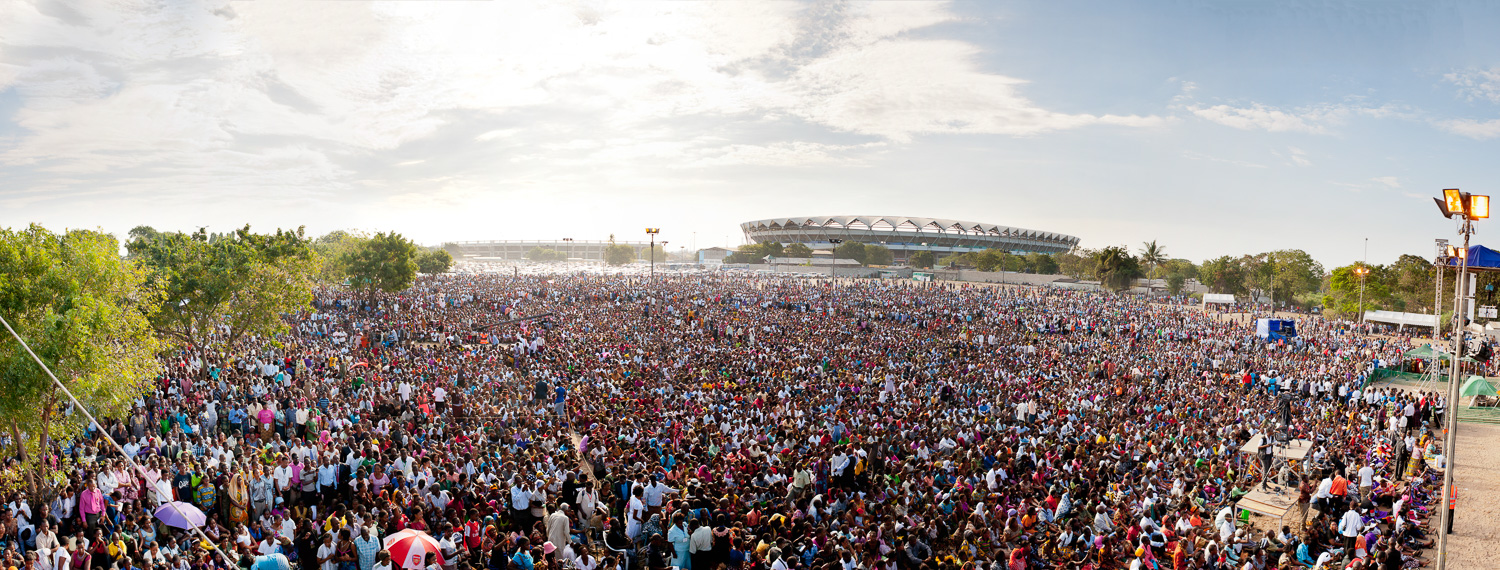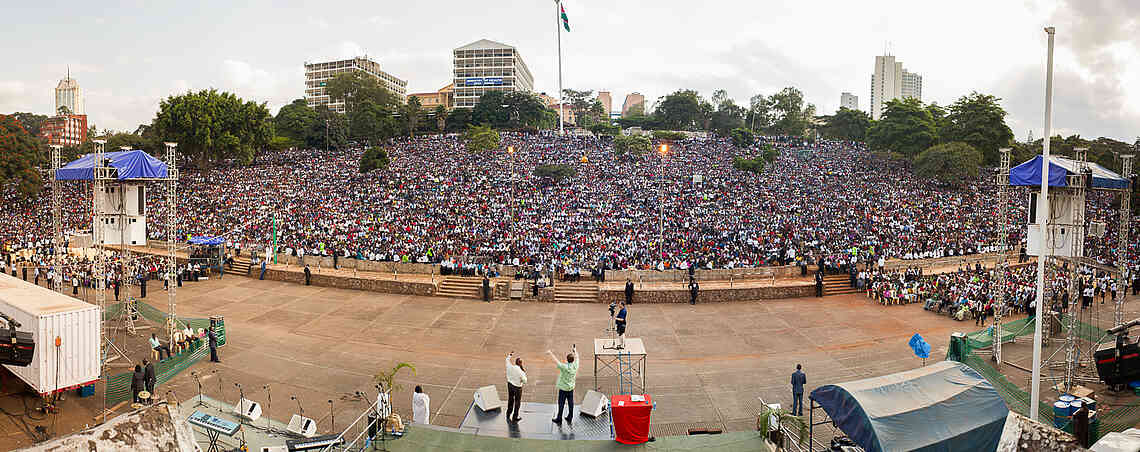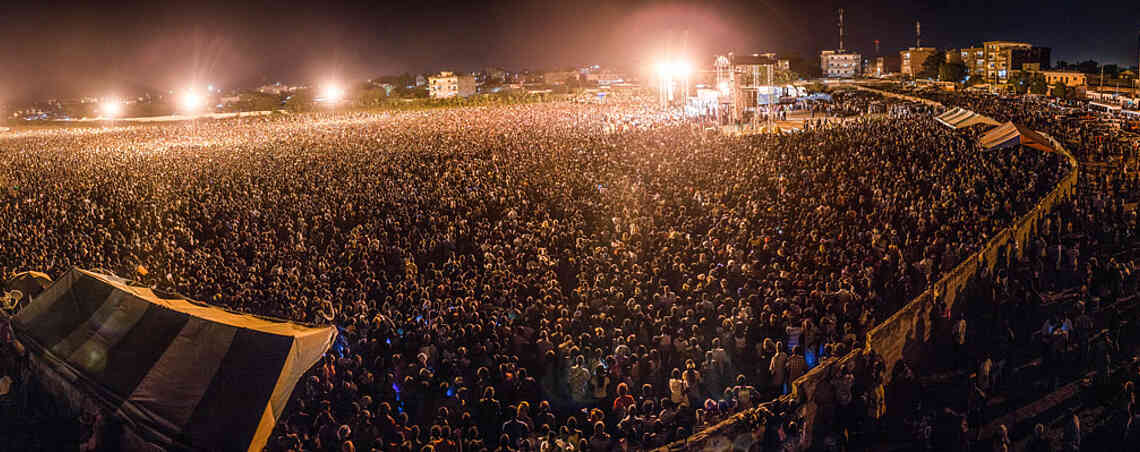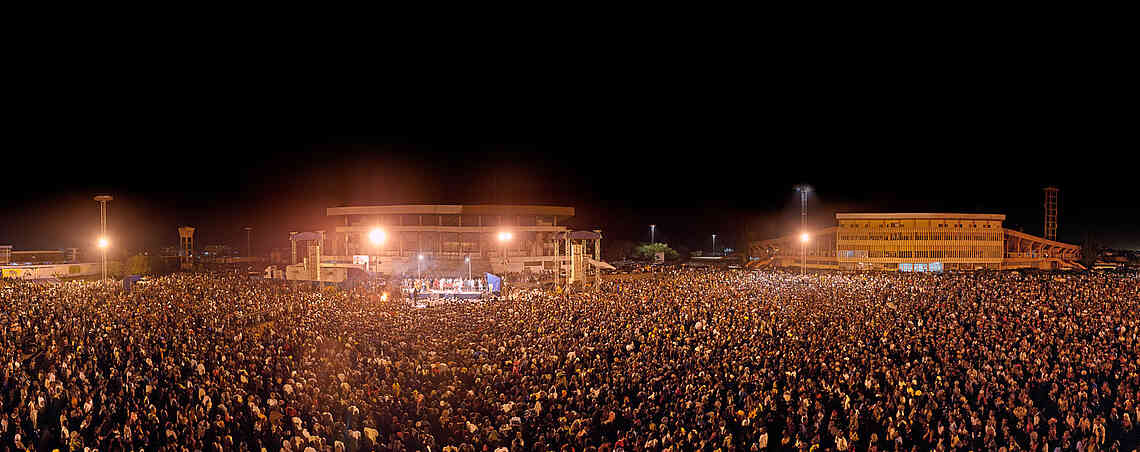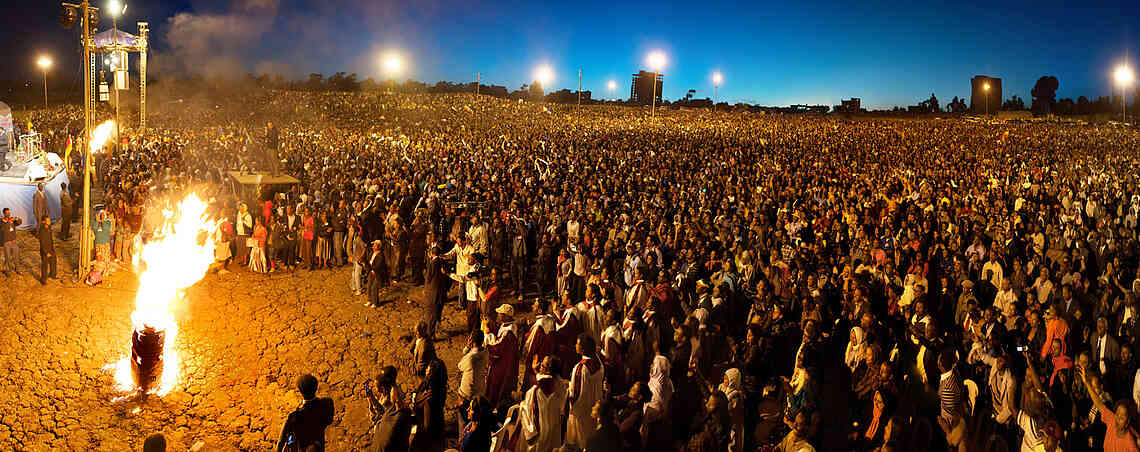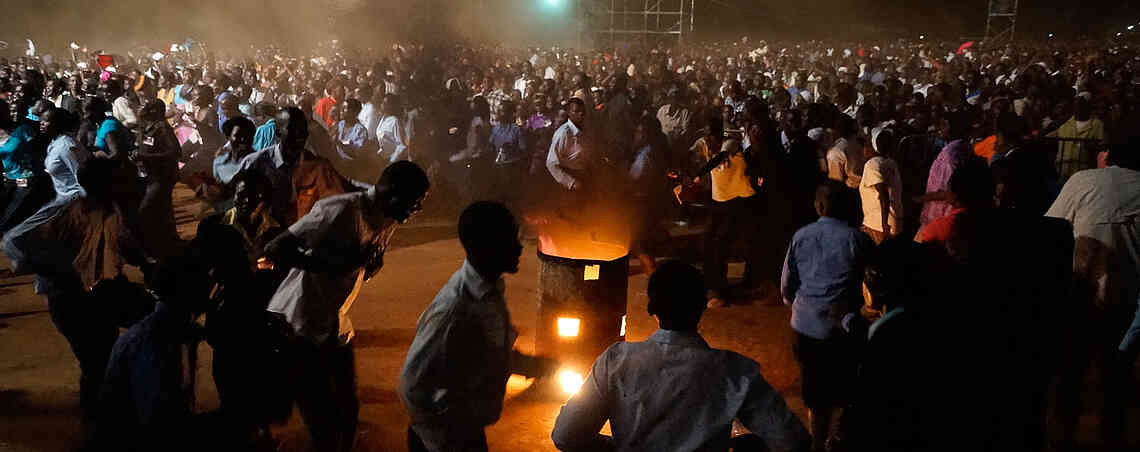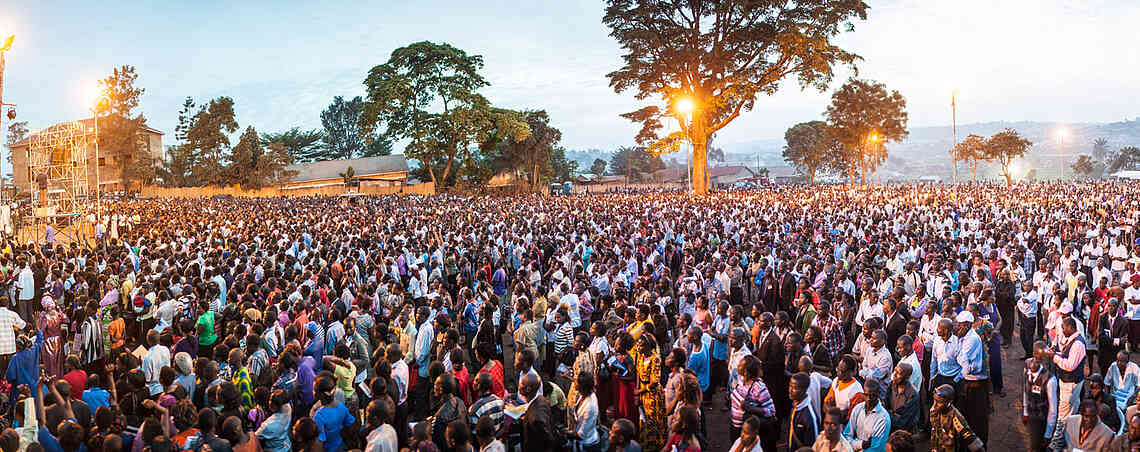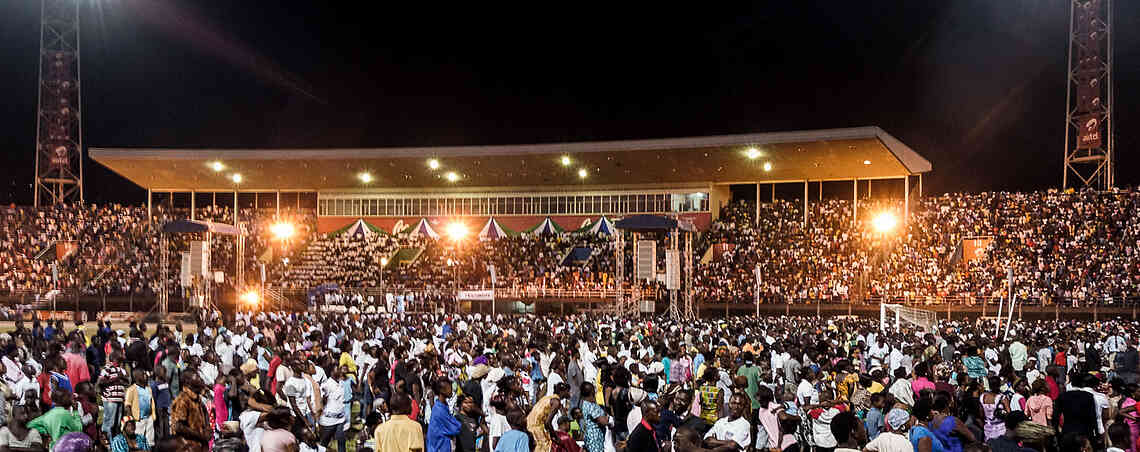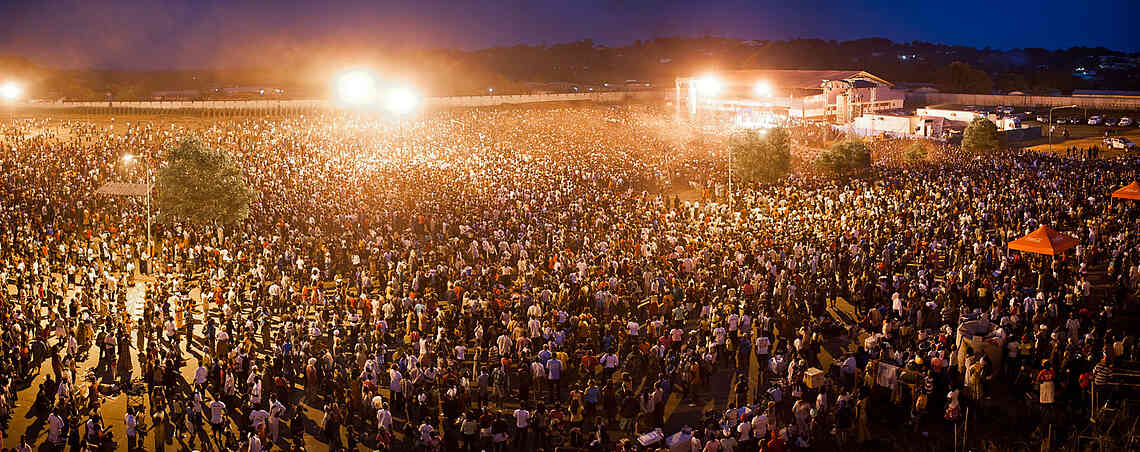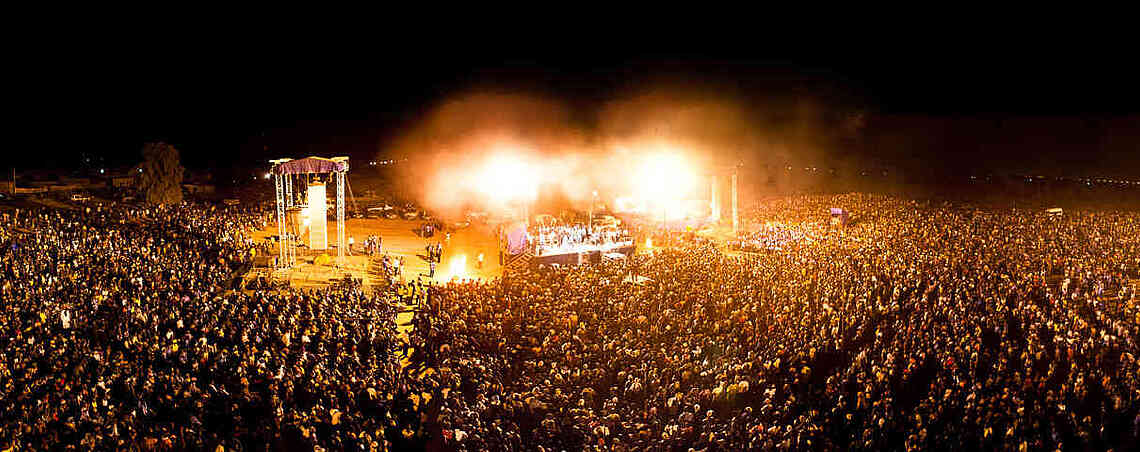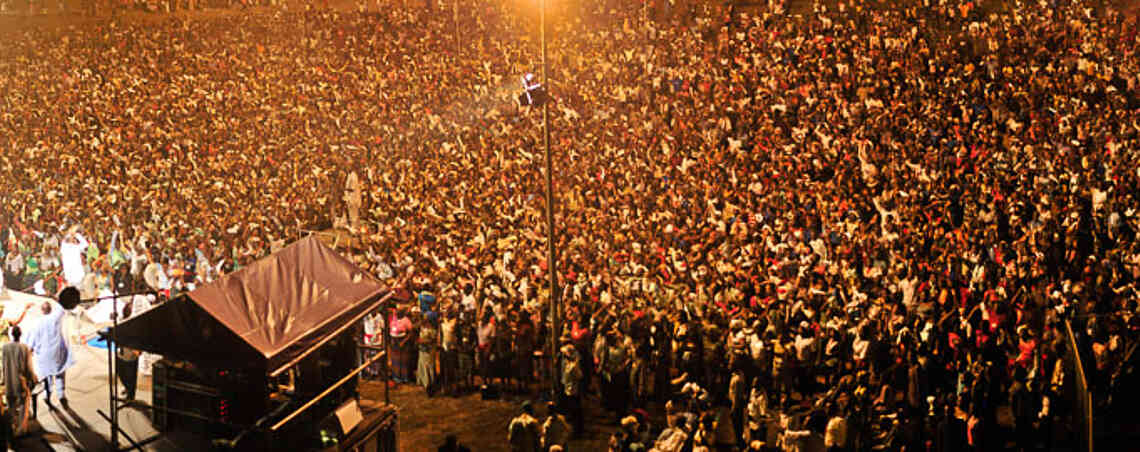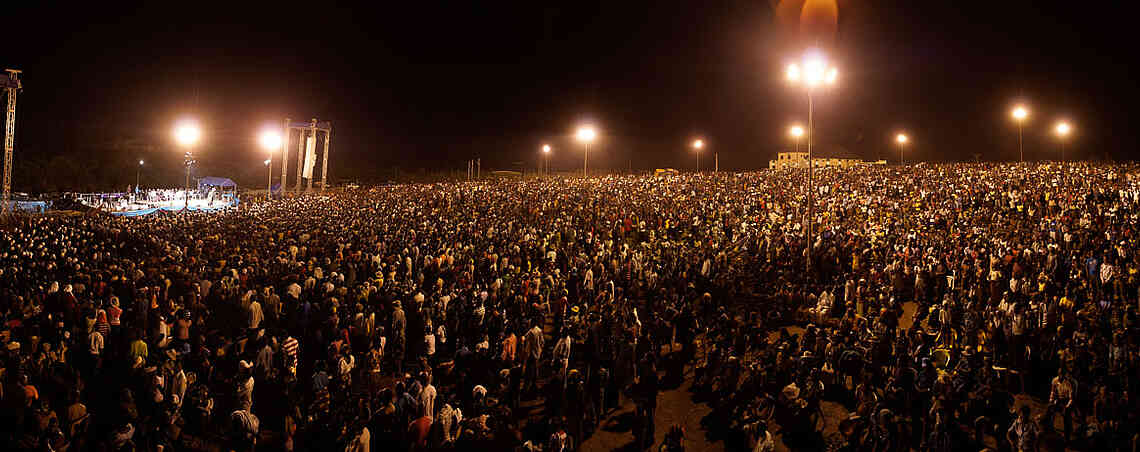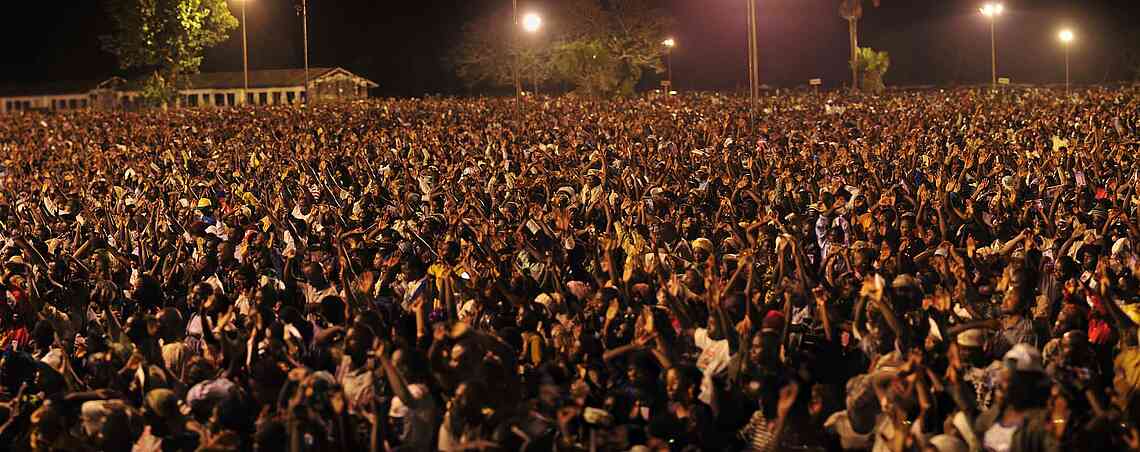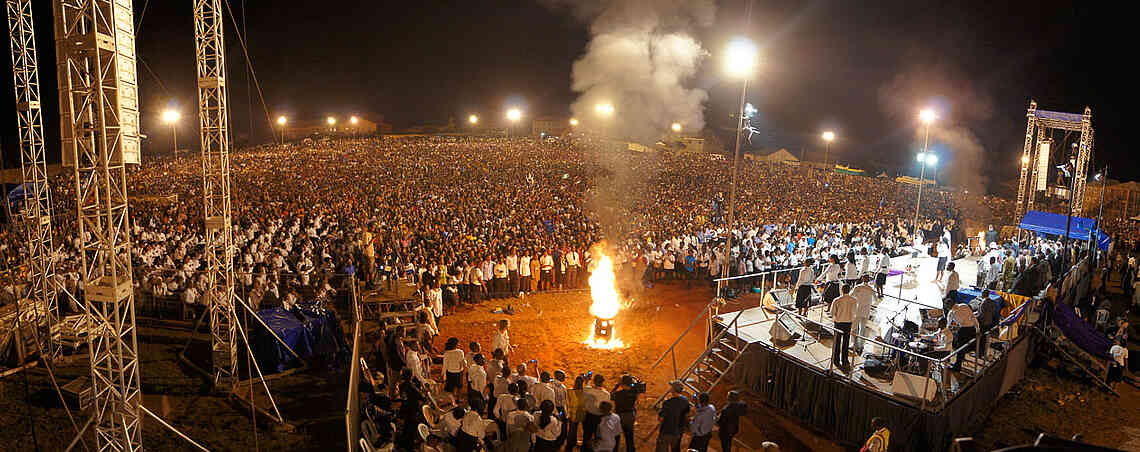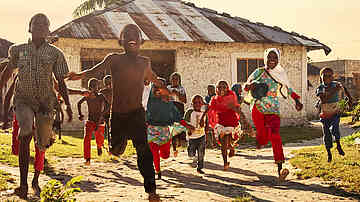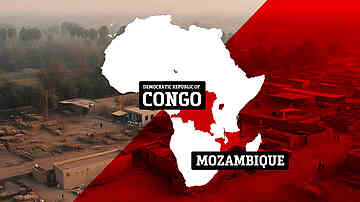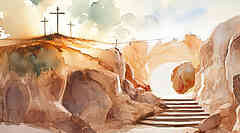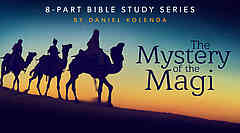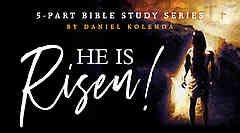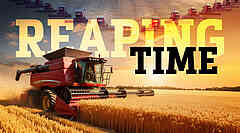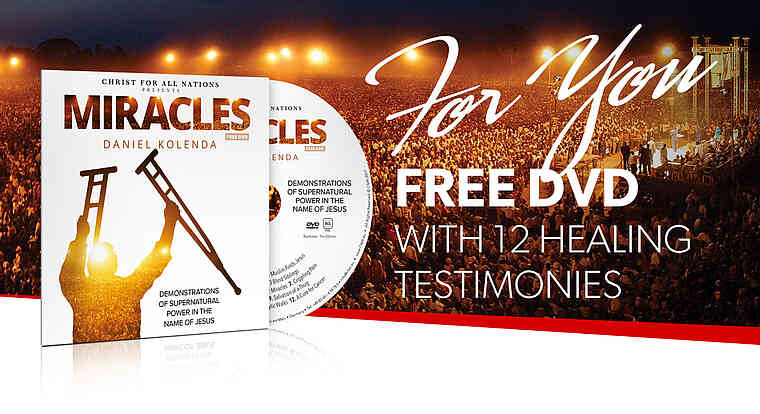
Why do we go through the desert?
If you go through difficult times…
We are hedged in (pressed) on every side - troubled and oppressed in every way - but we're not cramped or crushed; we suffer embarrassments and we're perplexed and often unable to find a way out, but not driven to despair; we are pursued, persecuted and hard driven, but we're not deserted to stand alone; we're struck down to the ground, but never struck out and not destroyed.
2 Corinthians 4:8-9
"Where is your promise, Lord?!"
God pledged the Israelites a land flowing with milk and honey. He promised them a good land where they would have rest from their enemies. Indeed, He would liberate them from bondage and personally escort them into the home of their dreams Himself. This was His promise, His “word” to them.
After centuries of slavery in Egypt, what exhilaration they must have felt when they “heard” this promise. Yet here they were in a desert – no milk, no honey, no safety, no inheritance, no promise fulfilled. Months earlier, as the Red Sea parted before their eyes, God’s promises must have felt so real to them! They must have almost tasted their Land’s fruit and smelled its lilies. But instead: dust, danger, rocks, thirst, serpents, and fears – the desert. God said, “Promised Land,” but then He led them into the wilderness.
Israel faced a predicament. The word of God that promised a glorious future now looked absurd in the barren wilderness of shattered dreams. Israel was caught in that long, strange tension between promise and fulfillment. But that was the very time they needed to believe. If they would have believed God’s Word amid such crisis, then they would have obeyed it and profited from it. Since they did not believe, they did not obey – and did not receive its benefits. God put them in this situation and watched to see what kind of people He had.
Their faith turned into rebellion
Their response was regrettable. They tested the Lord who delivered them and promised them something good. And when they heard about the inhabitants of their “Promised Land,” they said, “If only we had died in Egypt, or even here in the wilderness! Why is the Lord taking us to this country only to have us die in battle? Our wives and our little ones will be carried off as plunder! Wouldn’t it be better for us to return to Egypt? Let’s choose a new leader and go back to Egypt!” (Num. 14:2-4 NLT).
No wonder God was angry with them. They questioned His faithfulness based on what their natural senses perceived, rather than on what God said. Their lack of faith turned into rebellion. They scorned God’s promises and defied His directions. As a result, they did not benefit from the original “word they heard.” They died in the wilderness without seeing the Promised Land.
What's the point of the wilderness?
Therefore, when we enter a spiritual wilderness, we must not confuse our situation with God’s integrity. Living by His every word means continuing to believe His promises even if they seem contradicted for the moment. That’s the whole point of the wilderness! When God declares to us, “Promised Land,” He will usually take us through its opposite first – the desert. Those are the ways of God that Israel did not know. But they are the ways of God we must know.
In God’s Kingdom, before the resurrection there must come death. The key is, we must understand these mysterious, divine ways and believe the word promising life during the season of death. Jesus declared this kind of faith on the cross when He said, “Father, into Your hands I commit My spirit” (Luke 23:46). So must we. God wants to see if we will believe His Word during the desert season, when He is stripping us of self-sufficiency before He fulfills that Word. If we do believe, that kind of faith gives us the strength to remain loyal to Him – to obey Him – in the wilderness. And it prepares us for the reward of resurrection – entering the Promised Land.
The Word is our nourishment in the desert
Thus God’s Word becomes our source of nourishment in the desert. For the desert itself will not offer spiritual sustenance to our weary souls. The devil will come during these seasons, point to the wilderness circumstances, and insist that God’s promise is really a failure or that we misunderstood it. But we must resist his temptations. Remember: The reason God took us down the route of hard places is to see if we would still believe His Word while there. That’s when it counts. The Word is our nourishment in the desert.
Hebrews offers one more thought about the Word for Christians in the desert. “For the word of God is living and active, sharper than any two-edged sword, piercing to the division of soul and of spirit, of joints and of marrow, and discerning the thoughts and intentions of the heart” (Heb. 4:12 ESV). At first, this verse seems oddly placed in its context. The author had been discussing entering God’s rest after a desert season. “Therefore let us be diligent to enter that rest, so that no one will fall, through following the same example of disobedience” (Heb. 4:11 NASB). Then suddenly in the next verse, he mentions that God’s Word is sharper than a sword and able to dissect the deepest recesses of the human heart.
The “Word” of God’s promise is a breath of inspiration when He first declares it in Egypt. But when that same Word – declaring “Promised Land!” – follows us into the desert, it becomes a sword that reveals the depths of our hearts. The real intentions of our hearts only become exposed when present circumstances flatly contradict the Word of promise. Only then is it clear if we really trusted God. In other words, when God’s Word of promise enters the wilderness with us, it accurately reveals whether we are truly loyal to God, or we merely wanted Him to serve our own interests.
It’s easy to trust God’s promises when all is well and we’re in a good mood. But when life’s music descends into minor keys, and dark clouds gather above, God’s Word is more challenging to believe. That’s when it’s tempting to get frustrated and blame God – or at least friends or church leaders – for His Word’s failure to perform. And those are the very moments it becomes clear if we are actually loyal to God as God – at all times, no matter what the circumstances – not just loyal to Him when it serves our selfish interests. Those who are proven to be people of “spirit” may not enjoy everything about the wilderness, but they are willing to embrace it.
He brings life out of death
If we know God’s ways, we know that He brings life out of death. As we go through the desert of a kind of crucifixion, we must believe God’s Word that promises life. So let’s avoid Israel’s example of disobedience. Don’t resist God’s Word when it seems contradicted by the wilderness. Feast on it! Devour it by replacing natural thinking with divine thinking, and by continuing to believe it when it opposes your circumstances. That is how to “live” by every word from God’s mouth. That is how to be nourished in the desert.
I read a story about some scientist that constructed a thing they called biosphere. Inside this biosphere it was artificial environment. Inside they had created every single environment on earth. They had created deserts, they had created mountains, they had created rainforests. Everything on earth they replicated inside this biosphere. But there was one thing that they could not replicate, and that was wind.
Now, first the scientist thought, this is no big deal. But after the years went on, they began to realize that the absence of wind was having a disastrous impact on these trees, because the trees growing up never had to fight the resistance of that wind and because of that they began to grow up weak. And they said that as these trees grew, they began to crumble and snap under their own weight, because they had never grown with the resistance of the wind.
Listen to this poem that was written by a guy named Douglas Malloch:
The tree that never had to fight
for sun and sky and air and light.
That stood out in the open plain,
And always got its share of rain,
Never became a forest king,
But lived and died a scrubby thing.
The man who never had to toil
to heaven from the common soil,
Who never had to win his share
of sun and sky and light and air,
never became a manly man
but lived and died as he began.
Good Timber does not grow in ease:
the stronger the wind, the tougher the trees;
the further the sky, the greater the length;
The more the storm, the more the strength.
By sun and cold, by rain and snows,
In tree or man good timber grows.
And where thickest stands the forest growth,
We find the patriarchs of them both.
And they hold congress with the stars
Whose broken branches show the scars
of many winds and of much strife.
This is the common law of life.
God sends those winds. He allows us to go through those wildernesses.
Not because He hates us, but exactly the opposite. Because he loves us.


